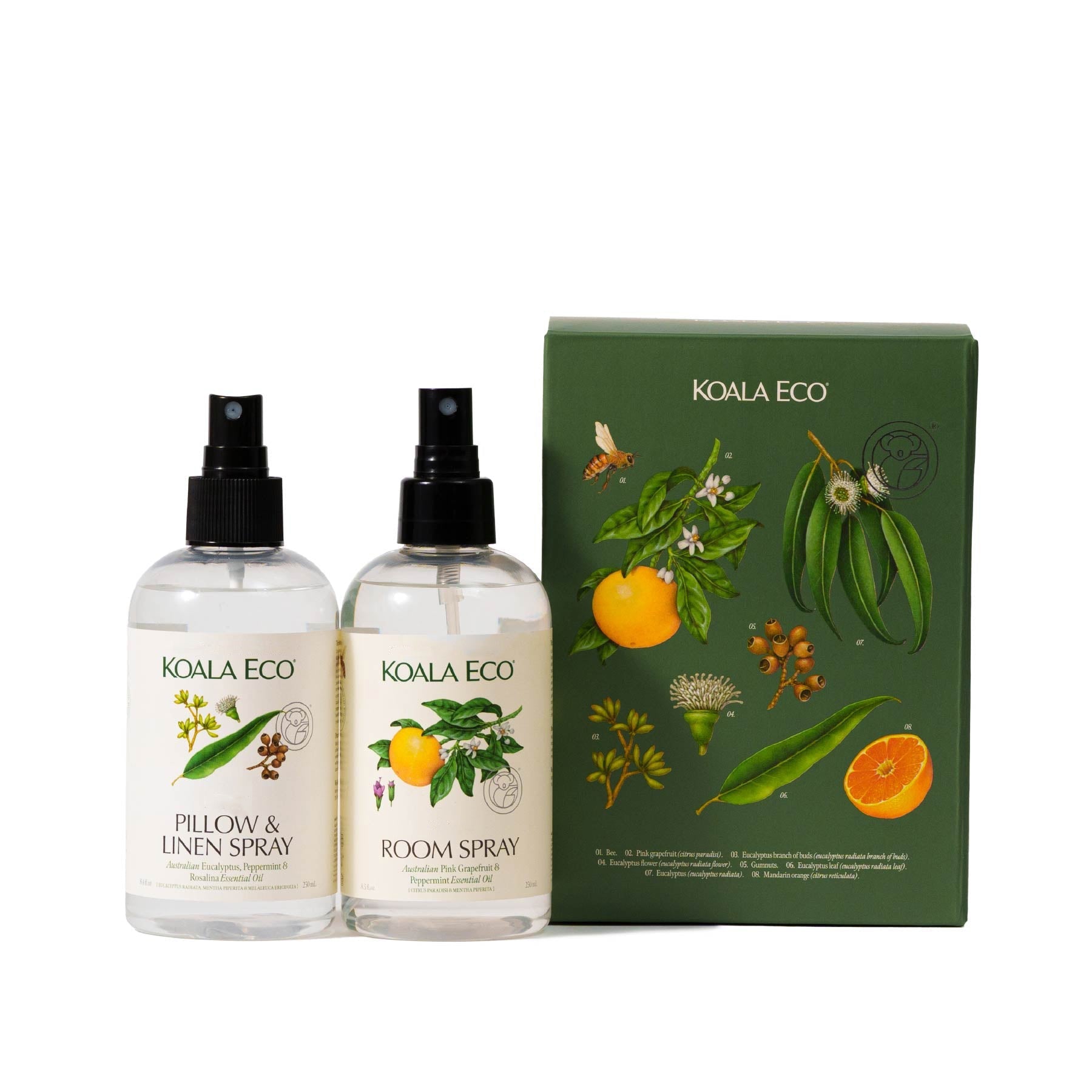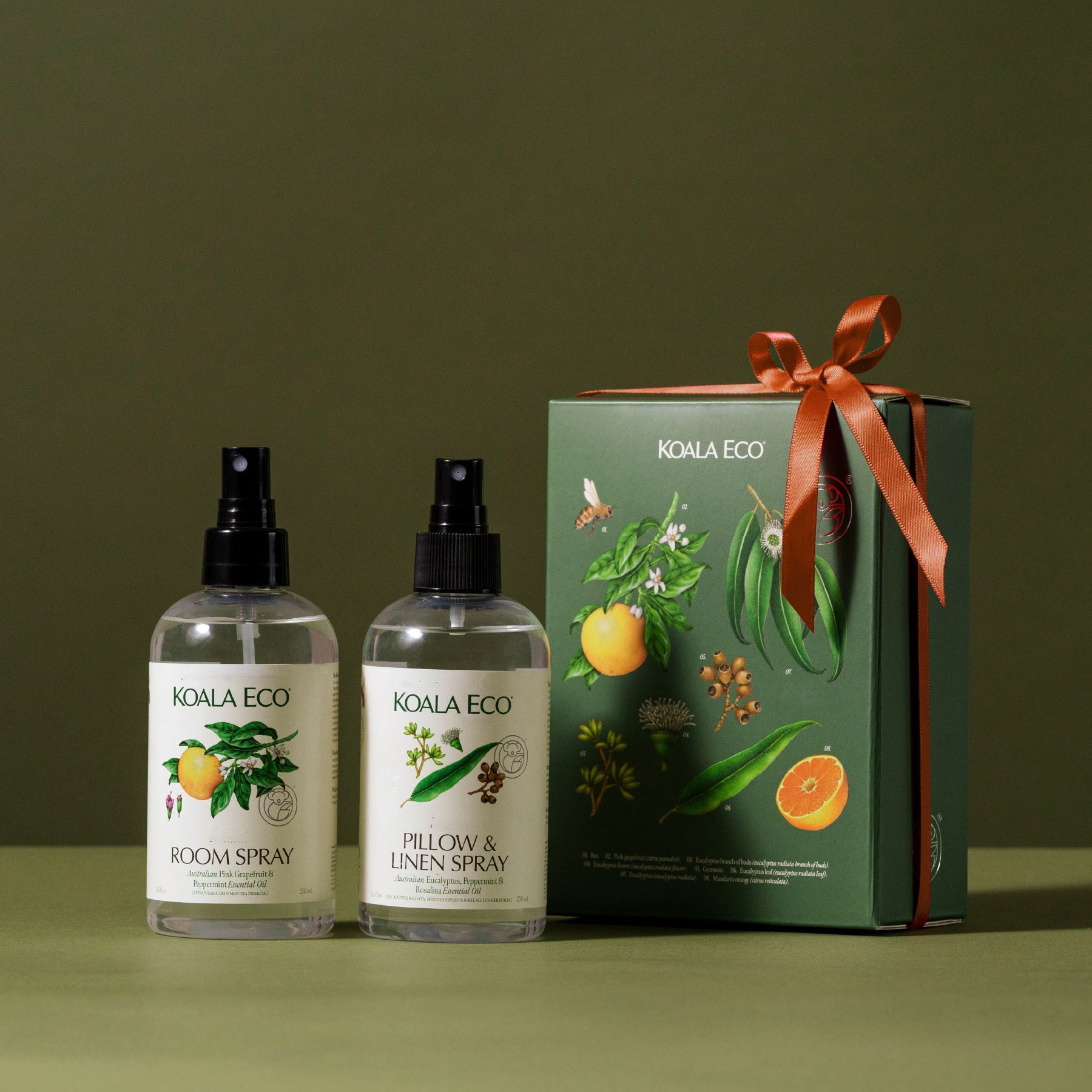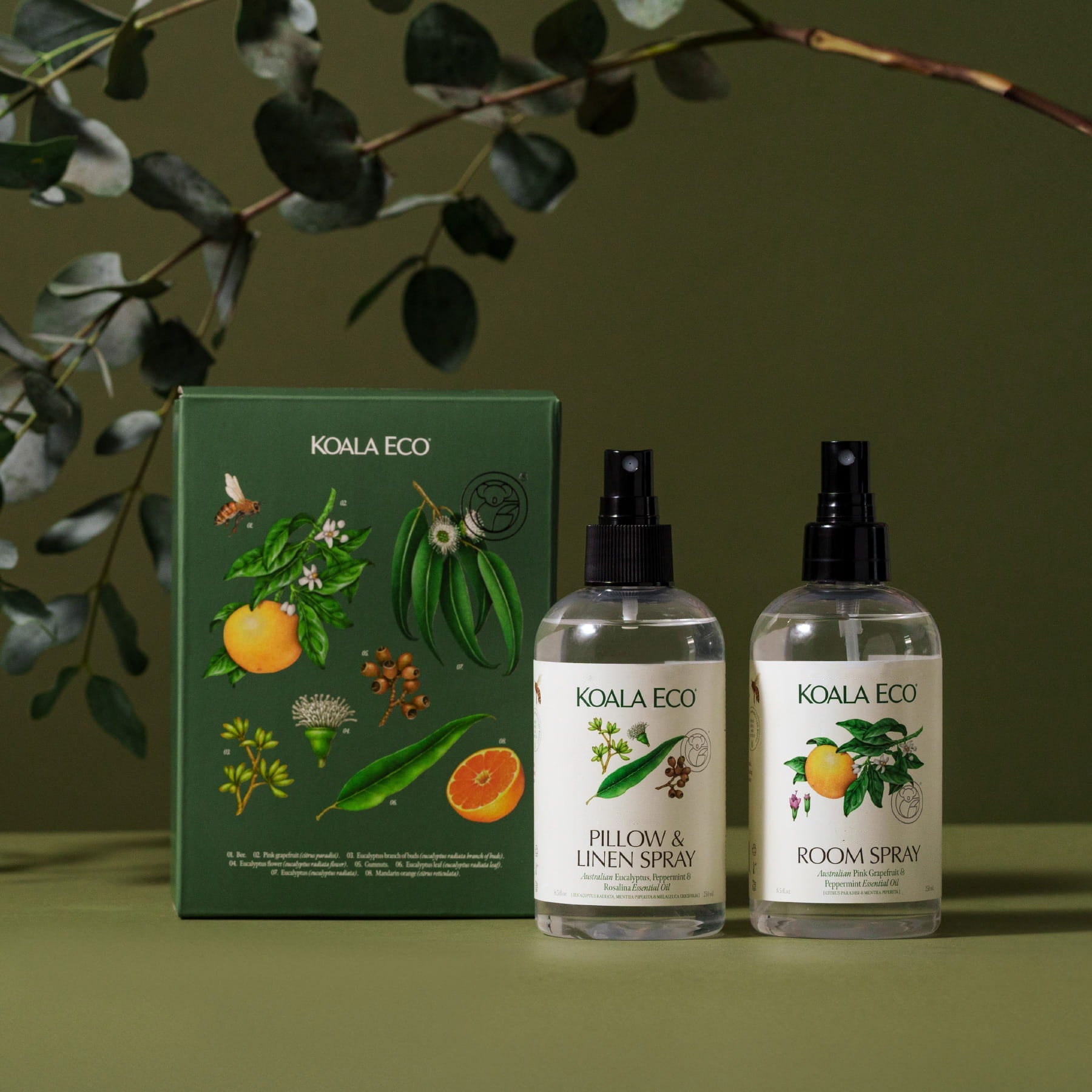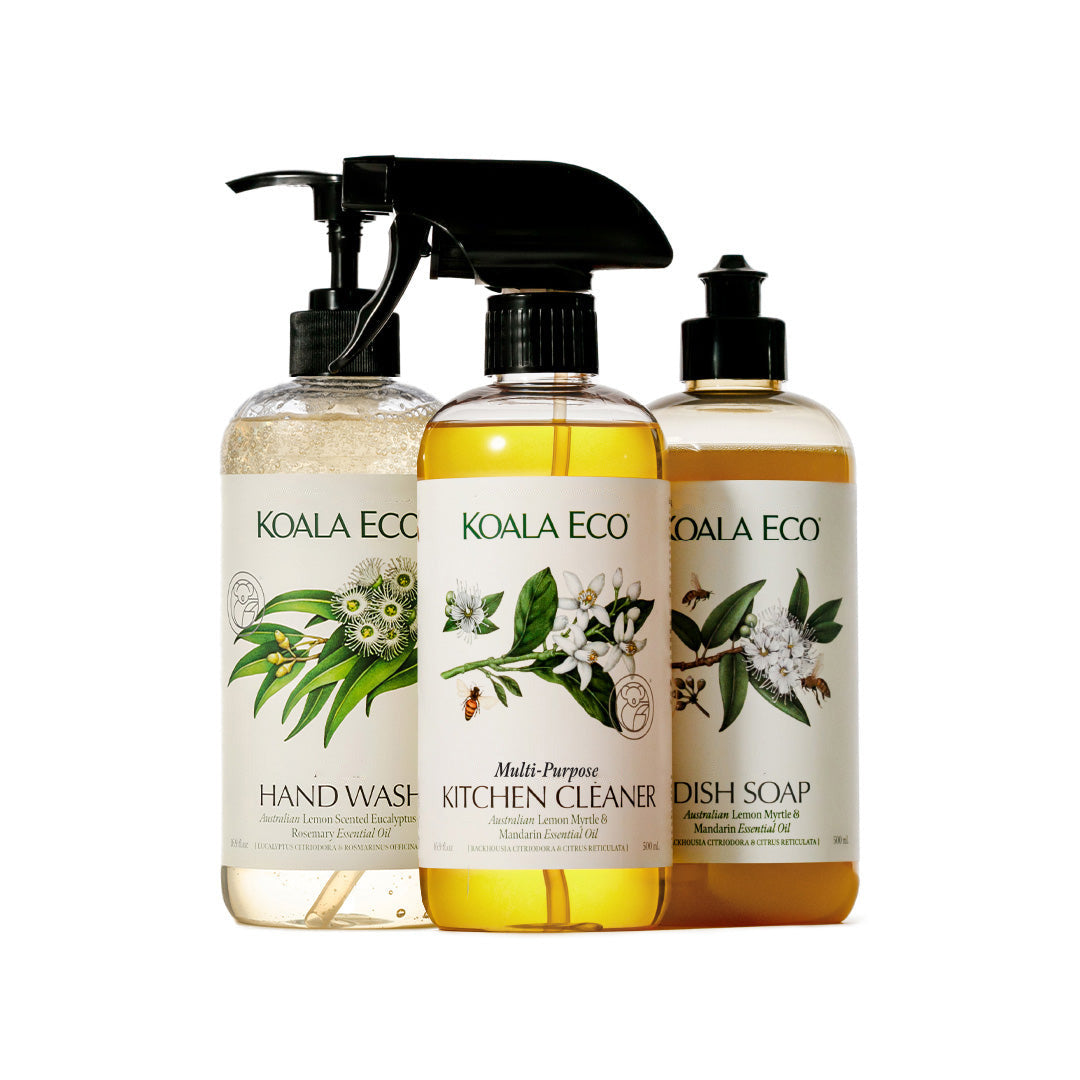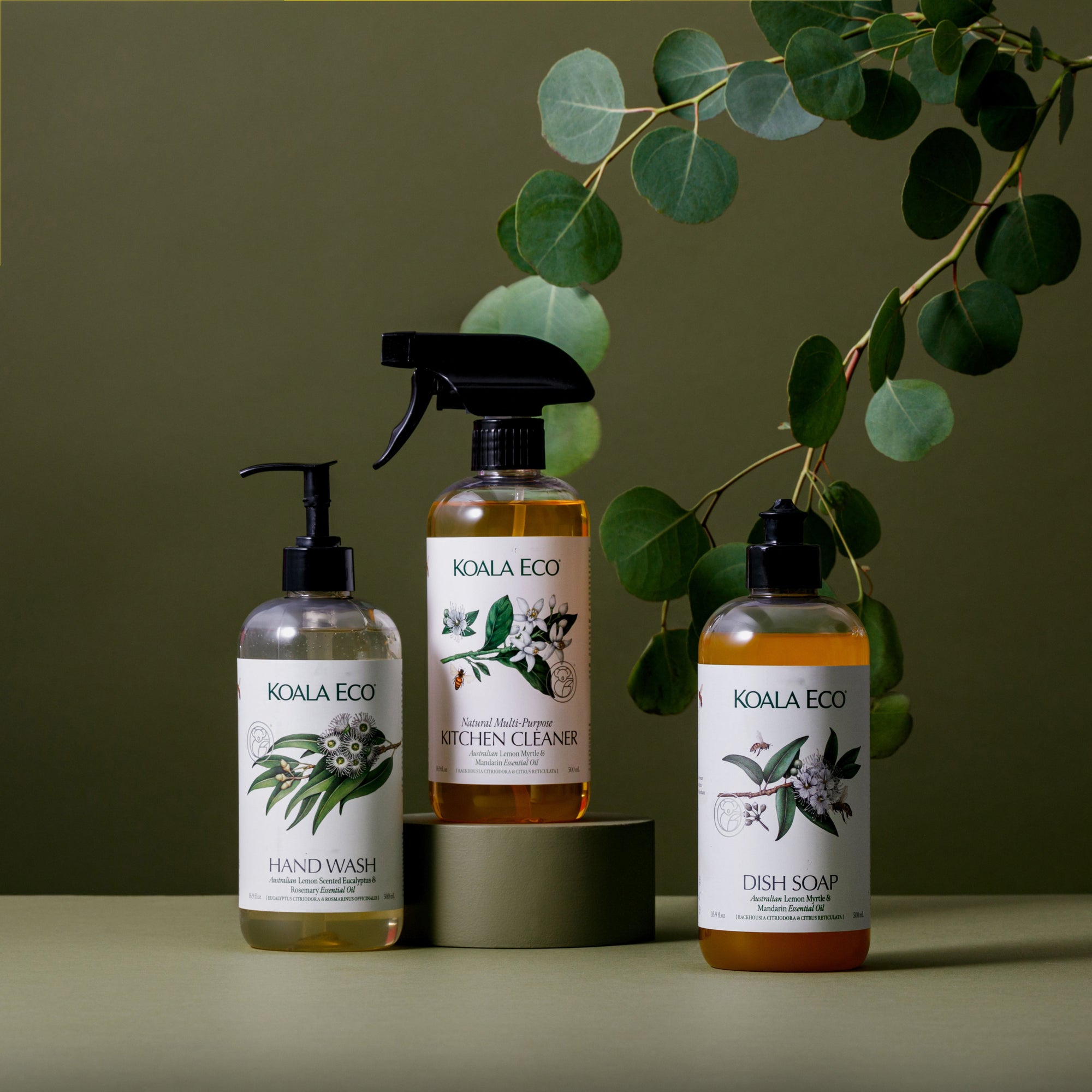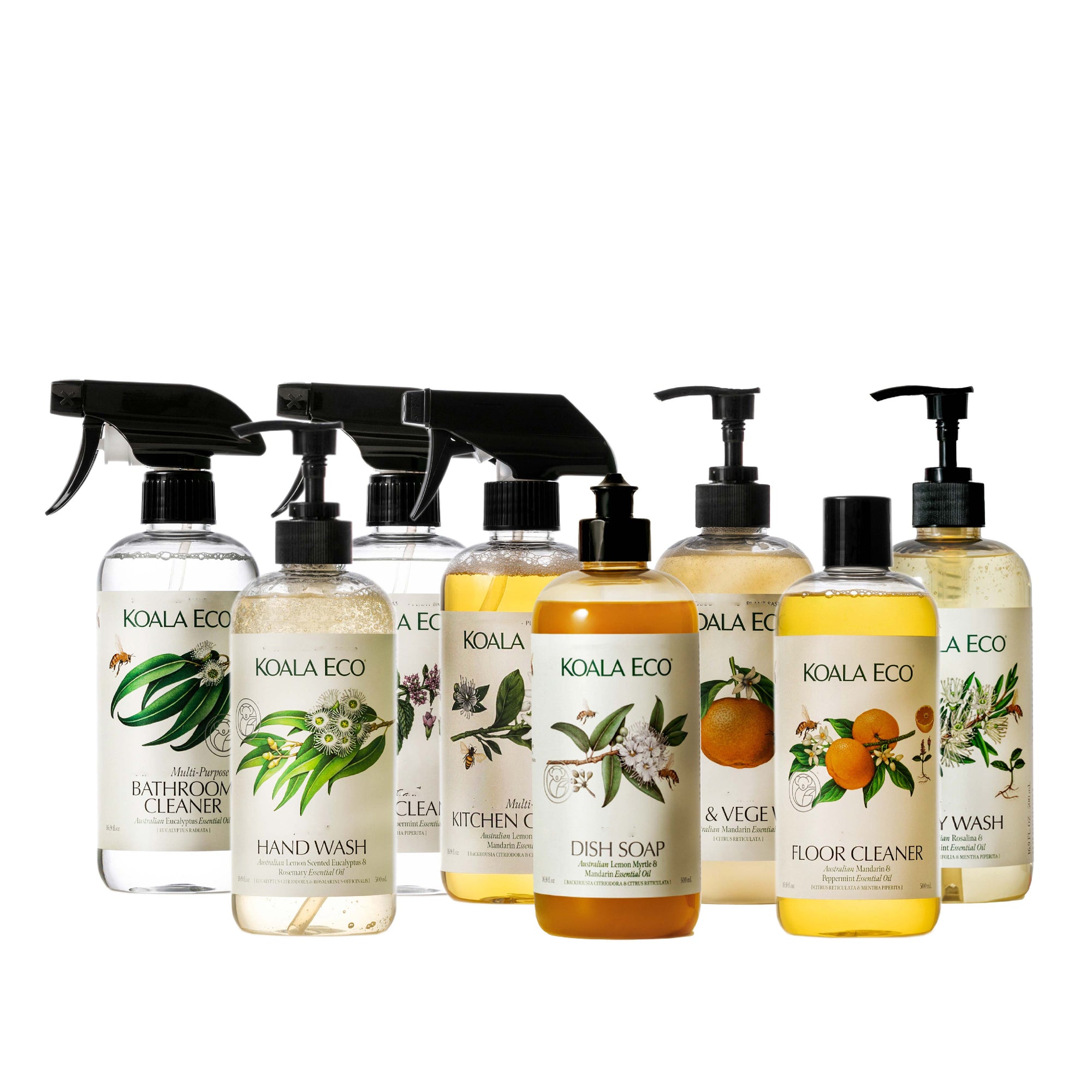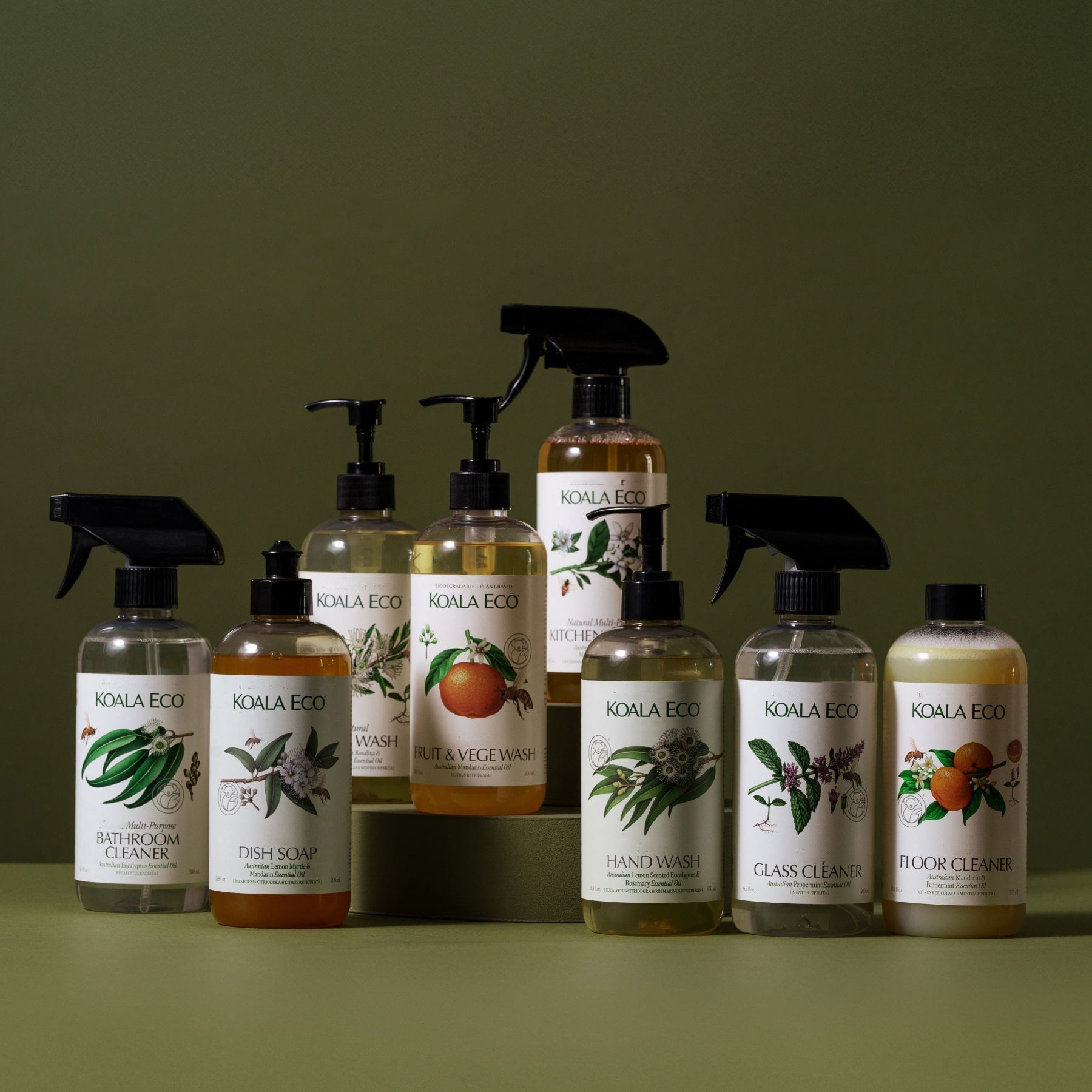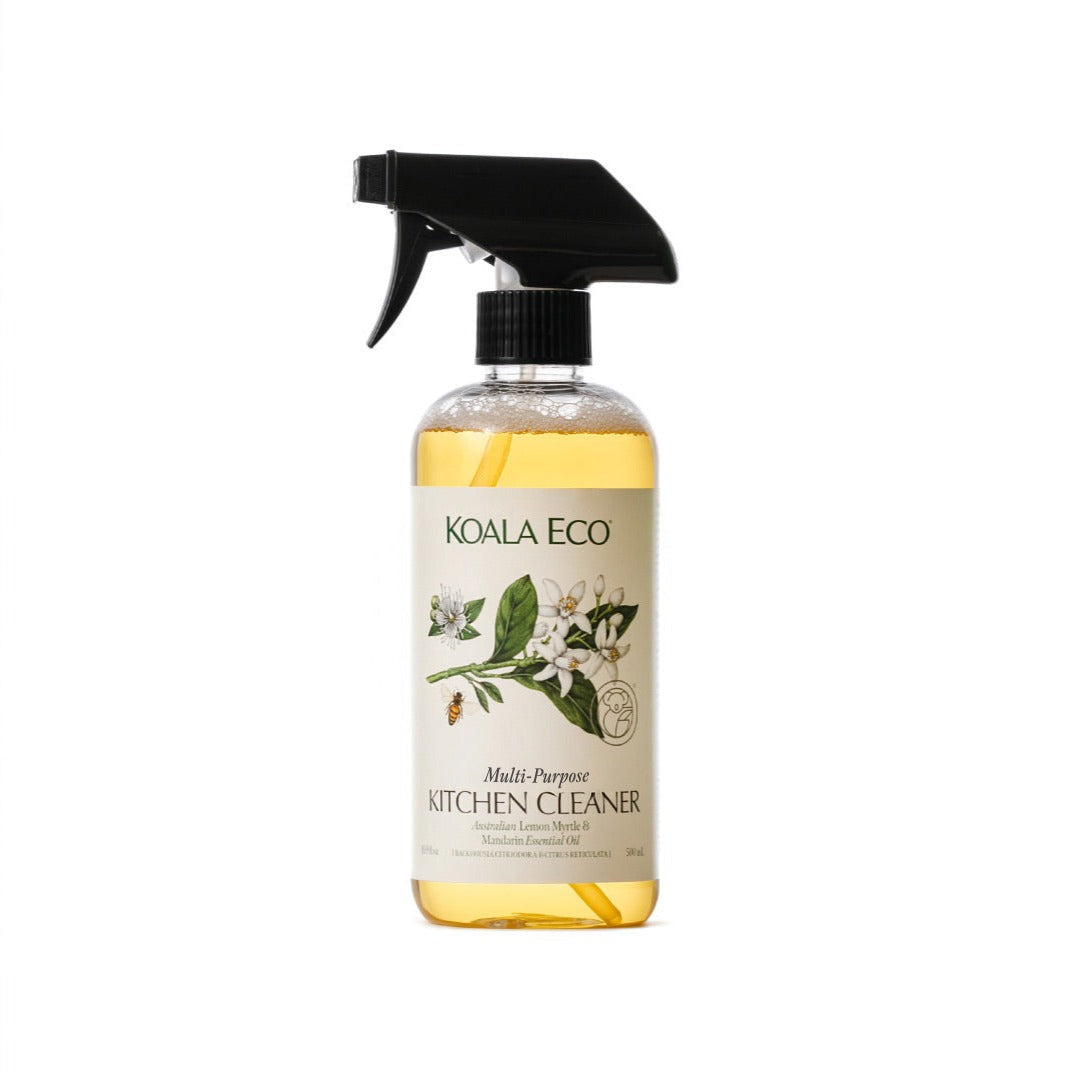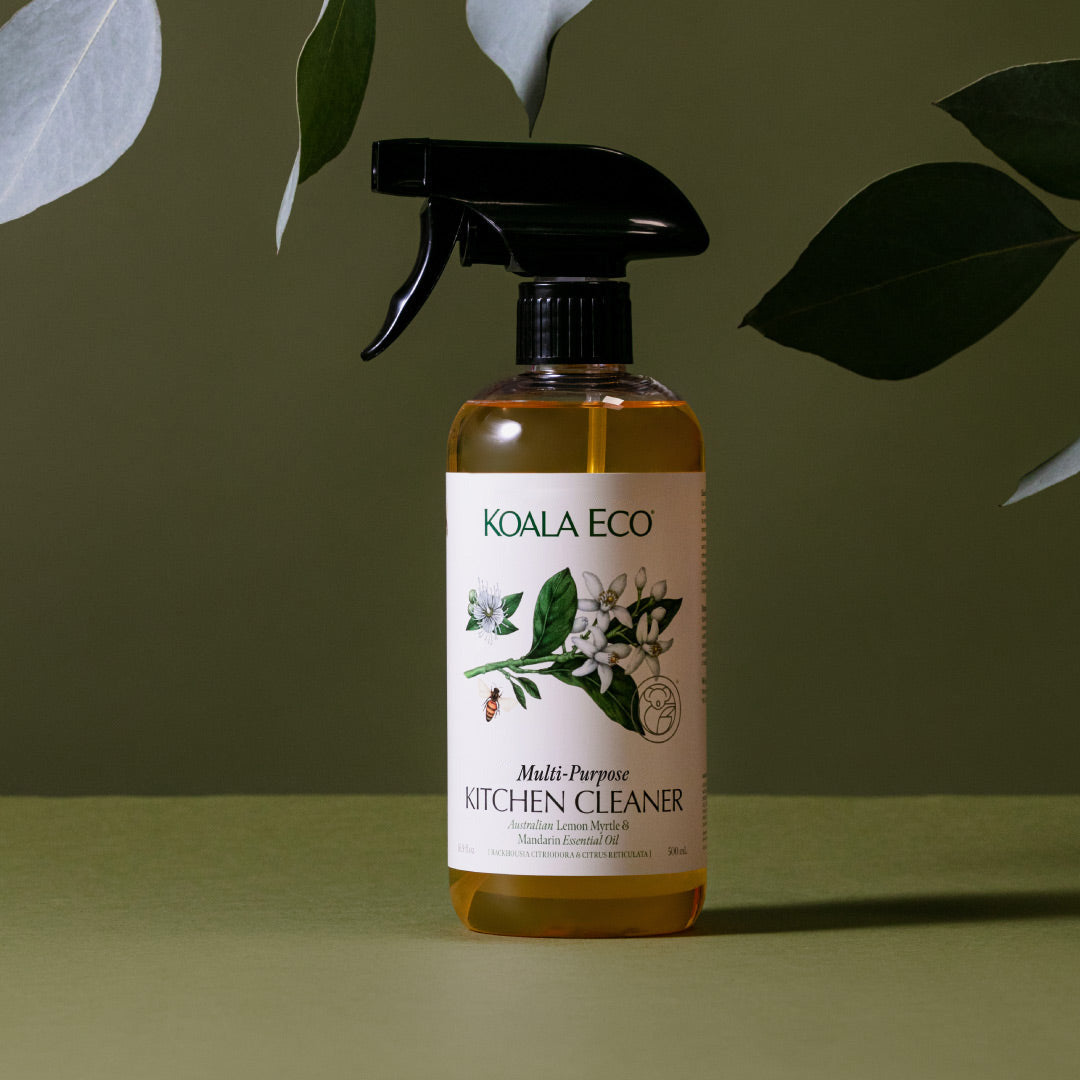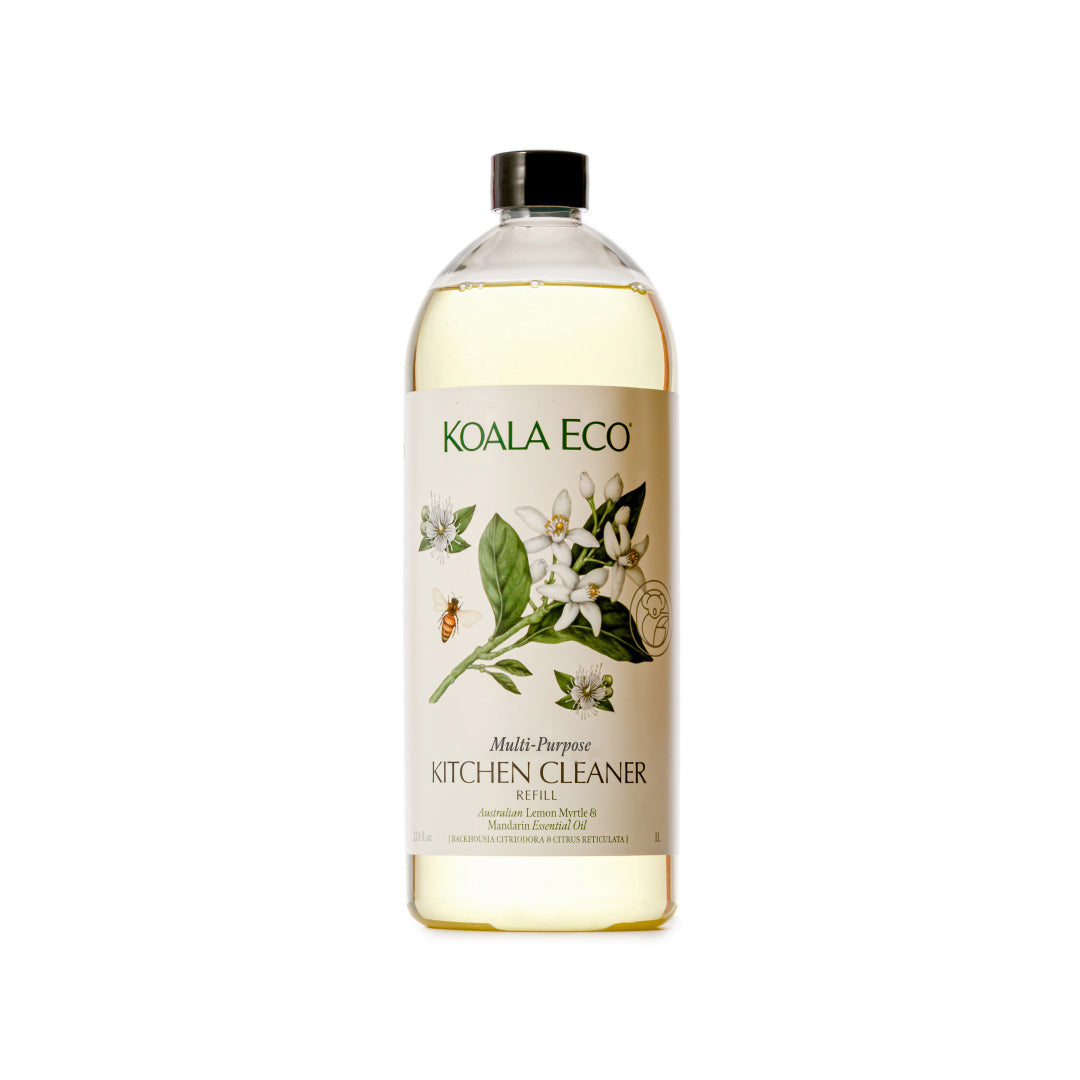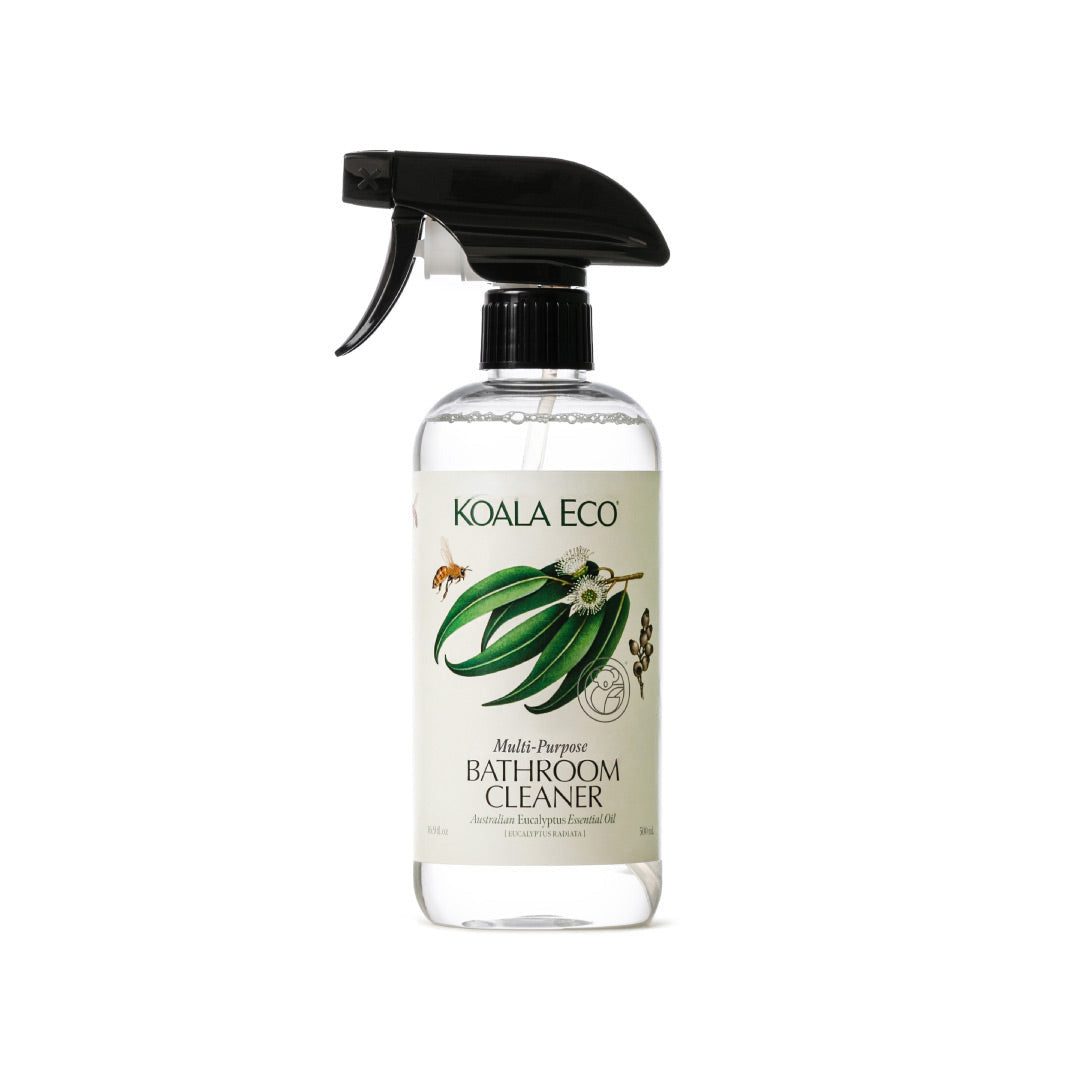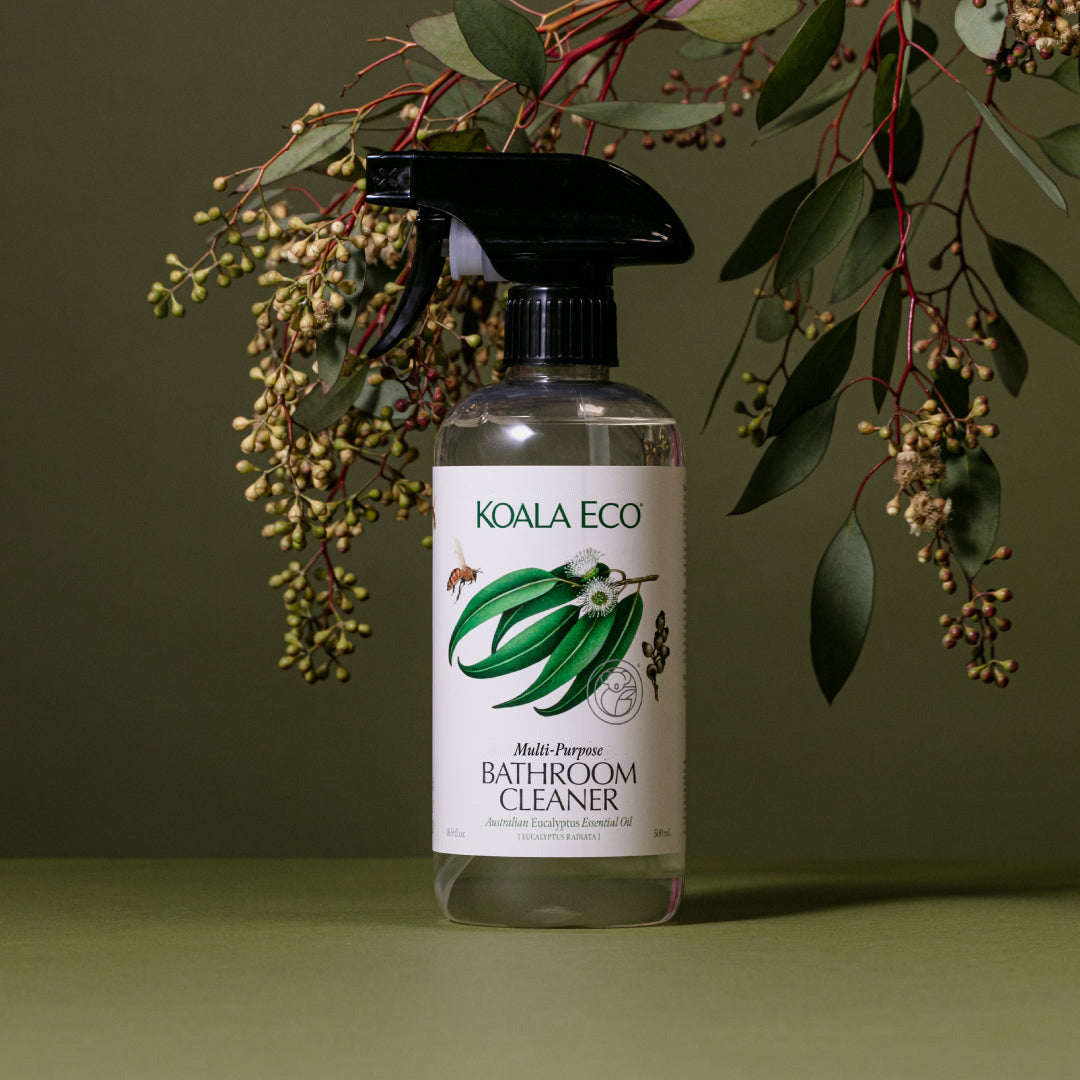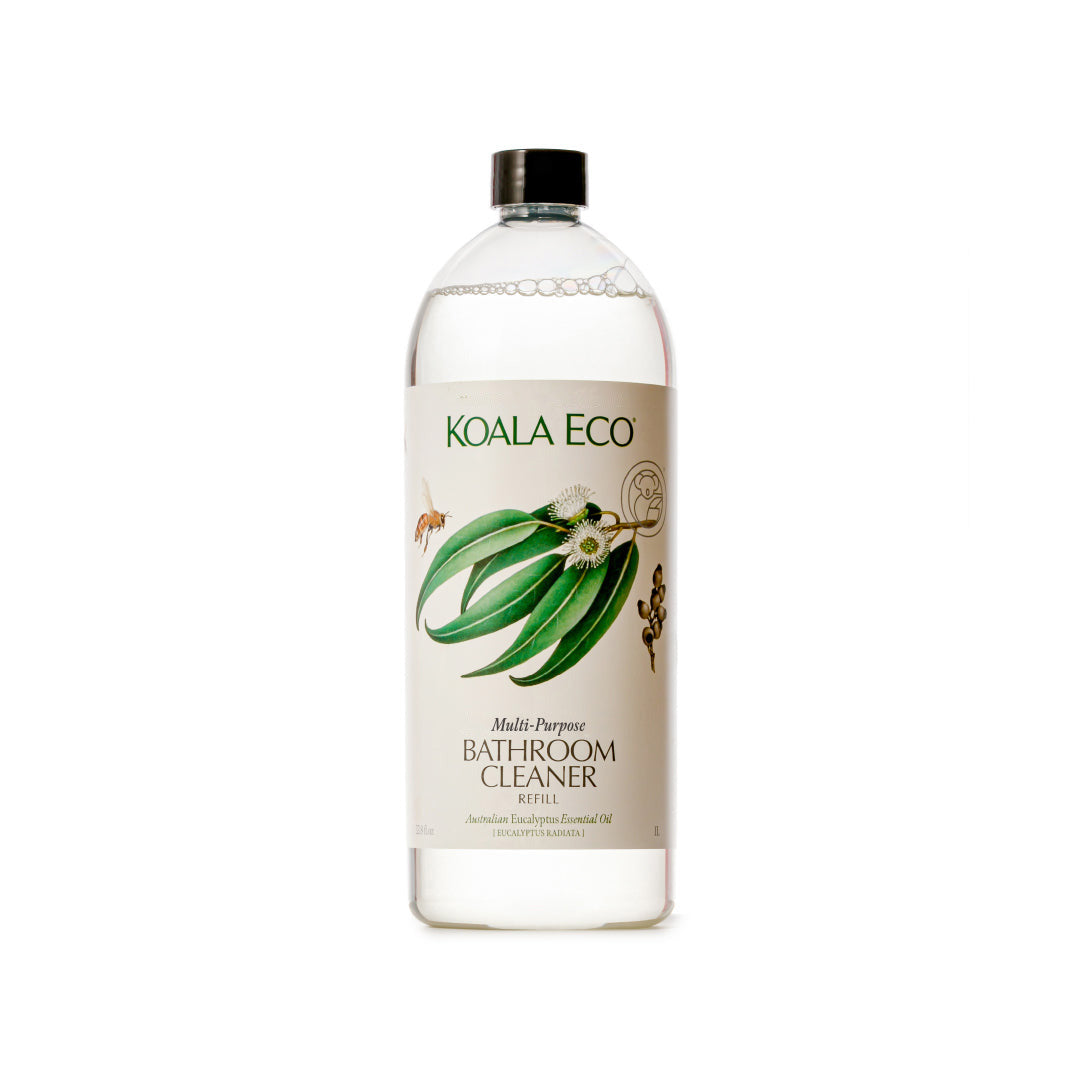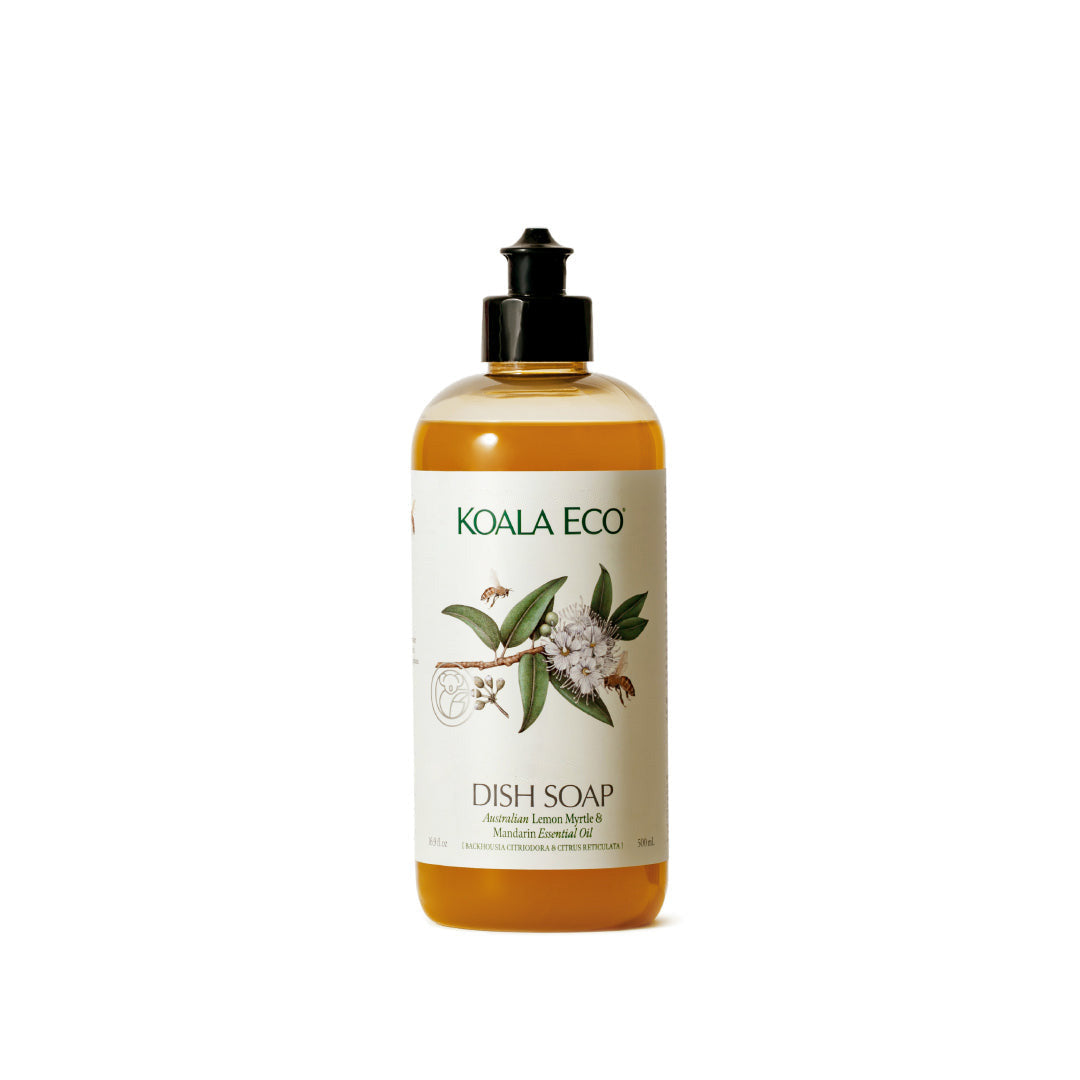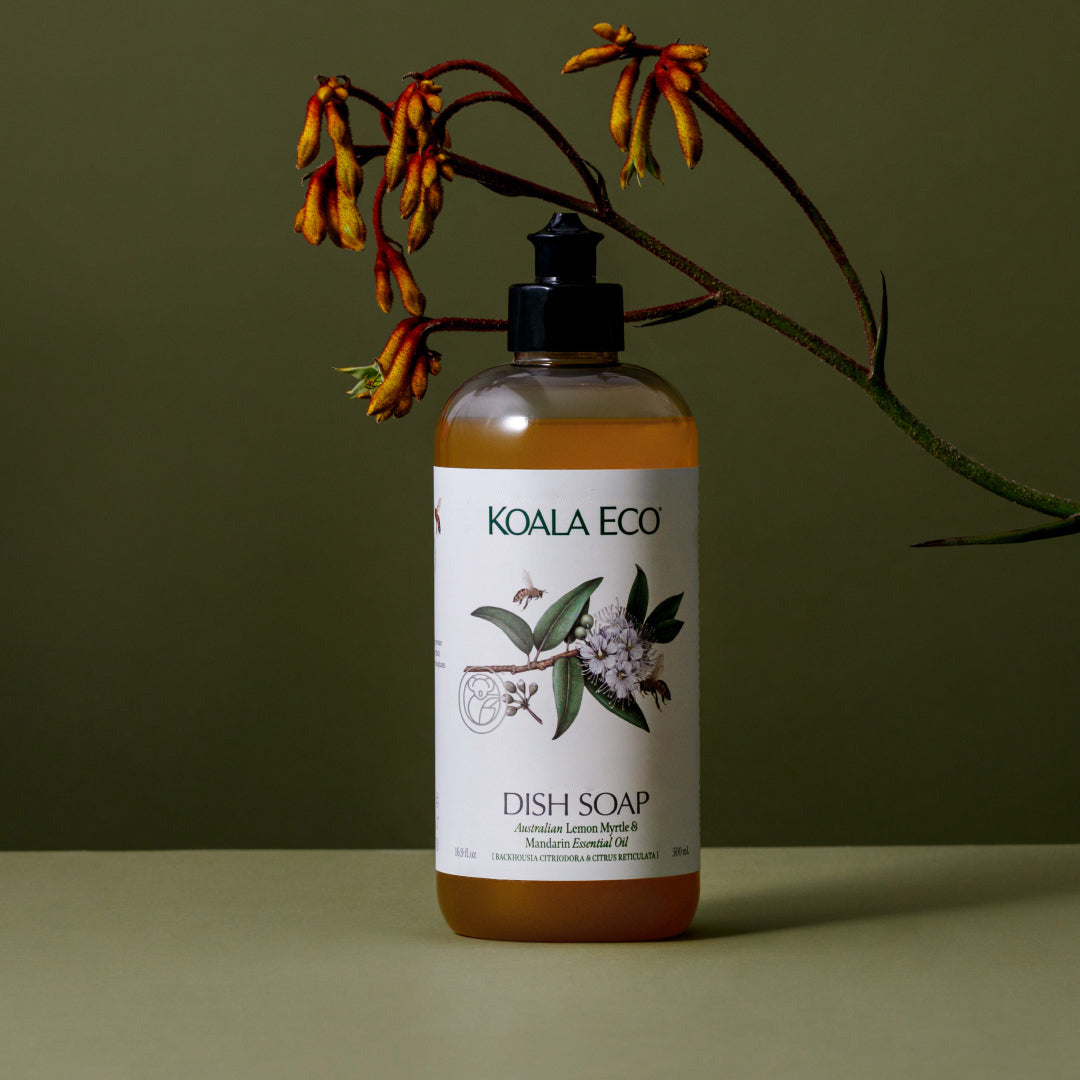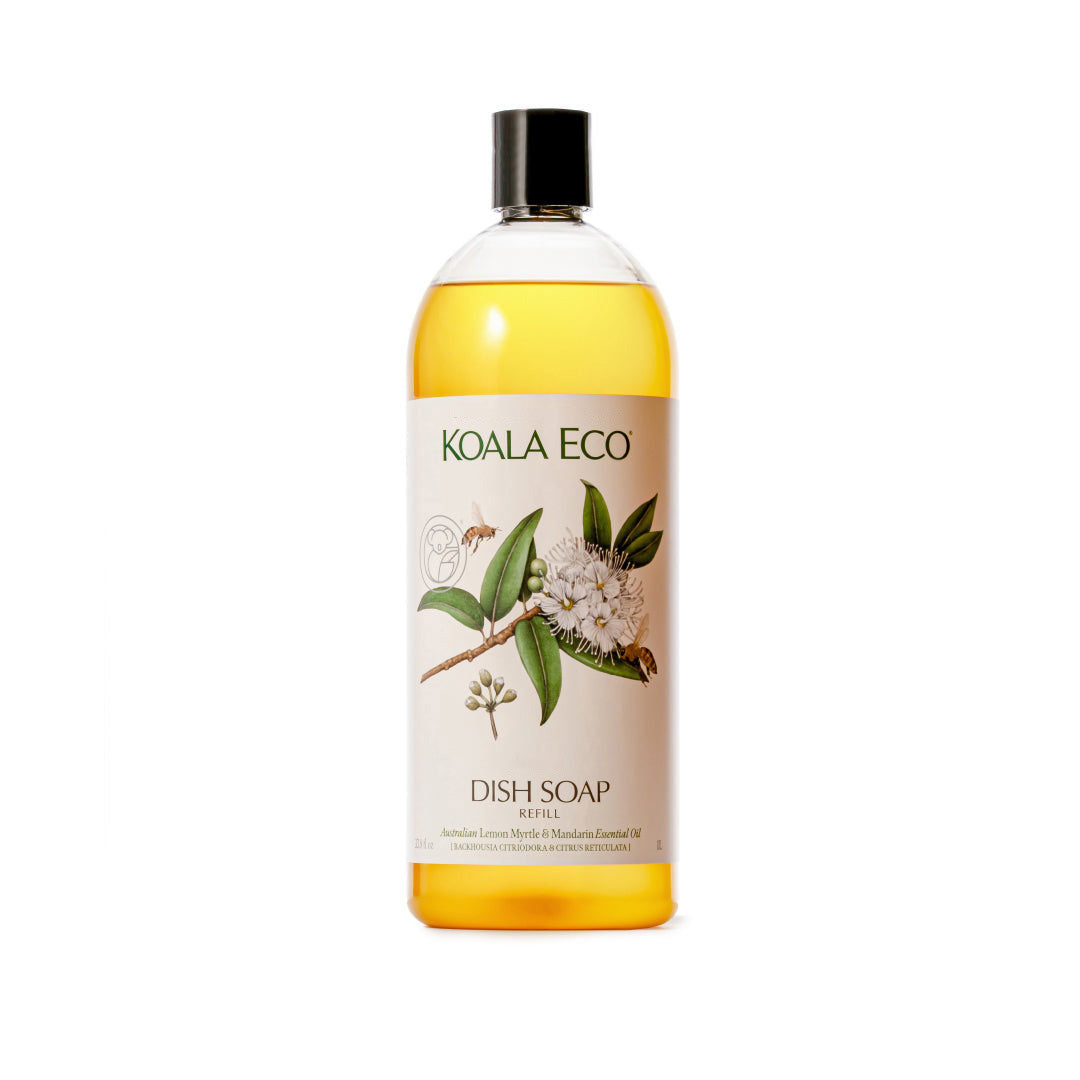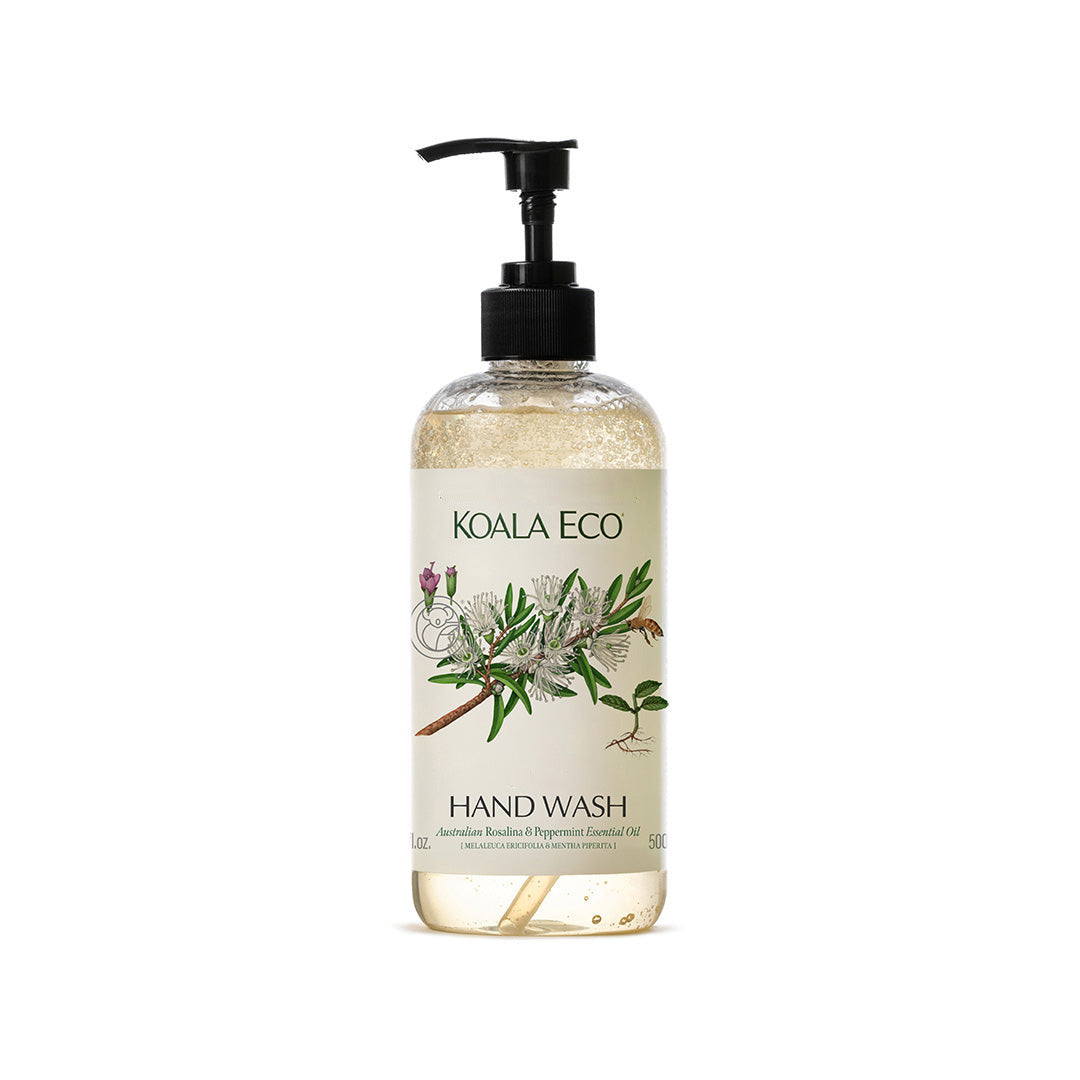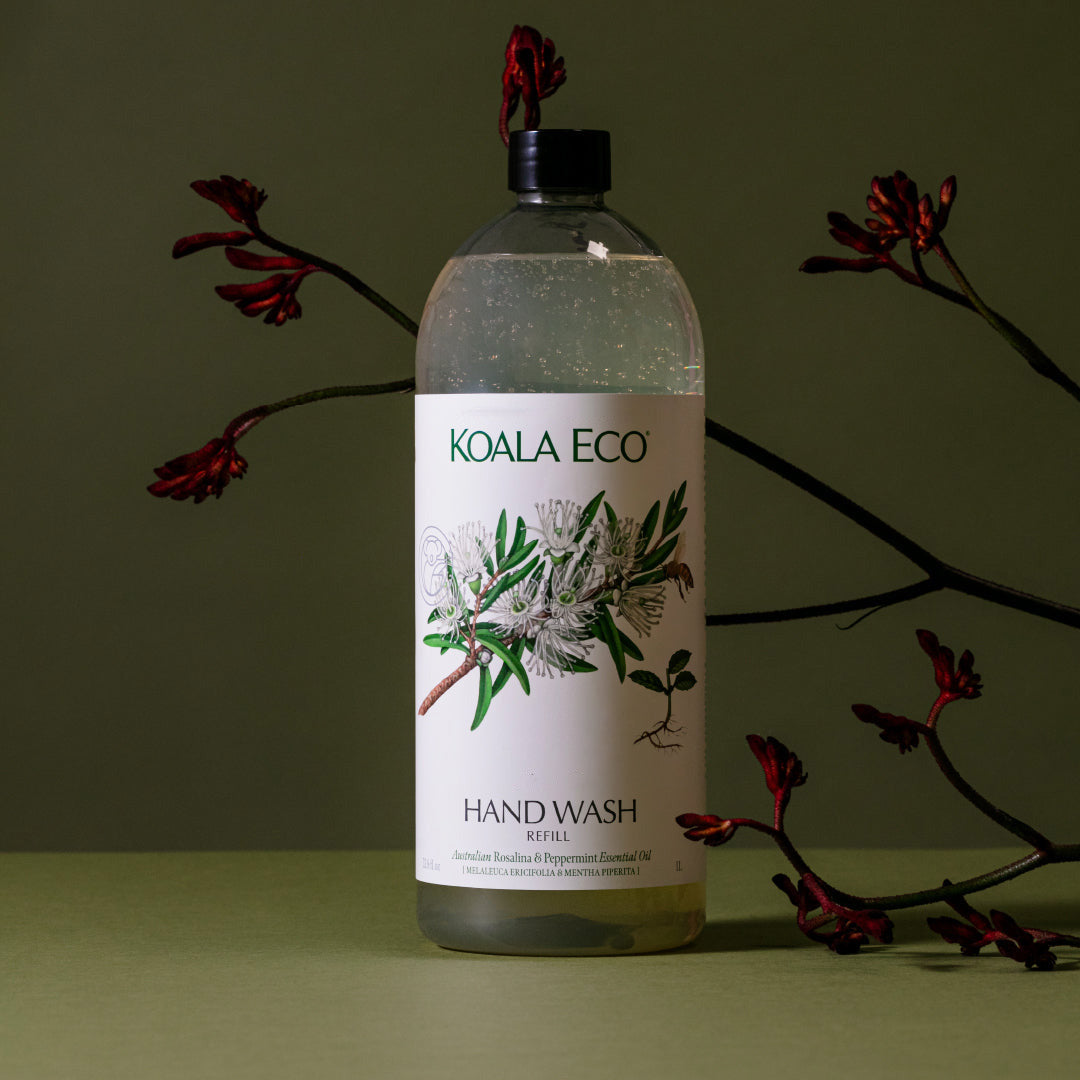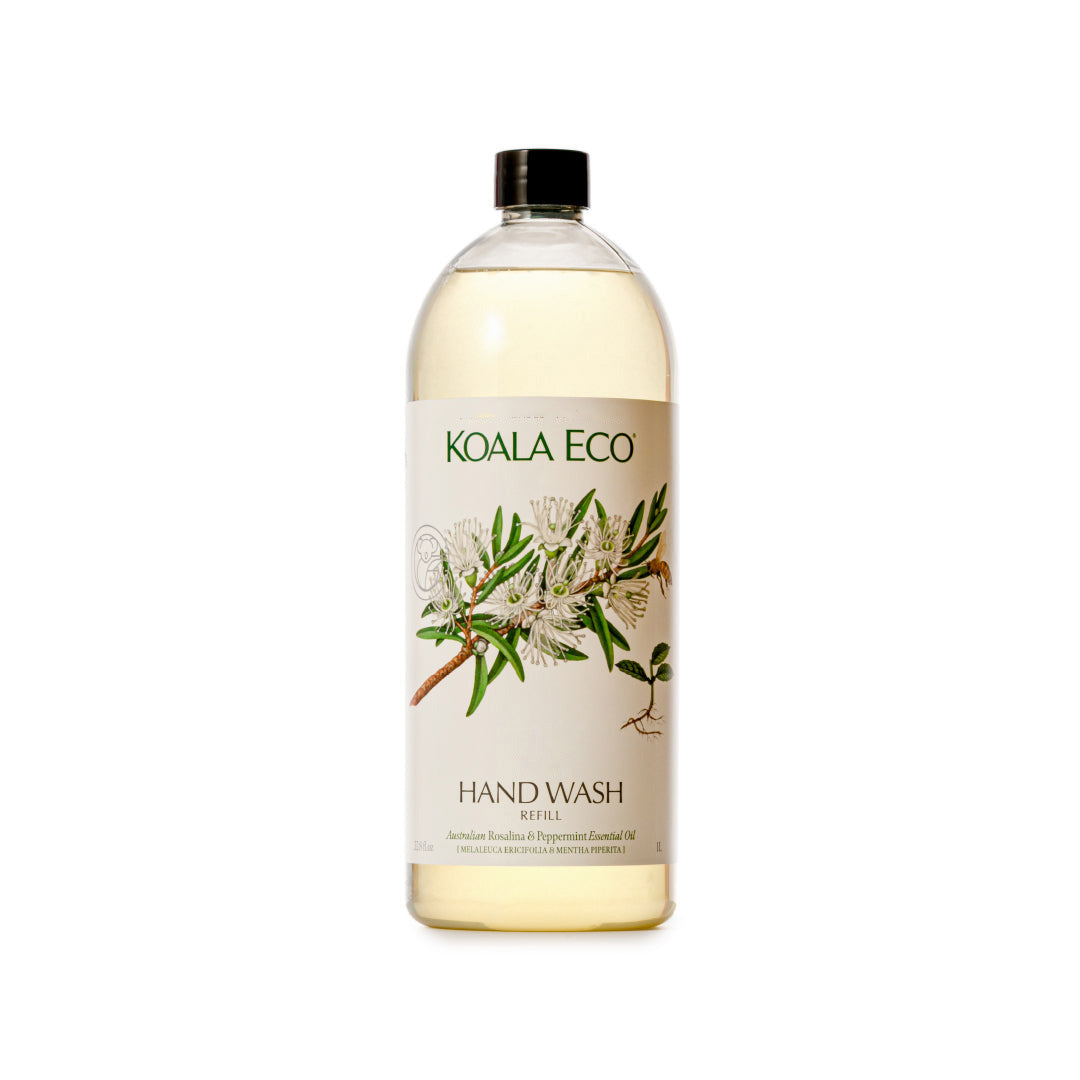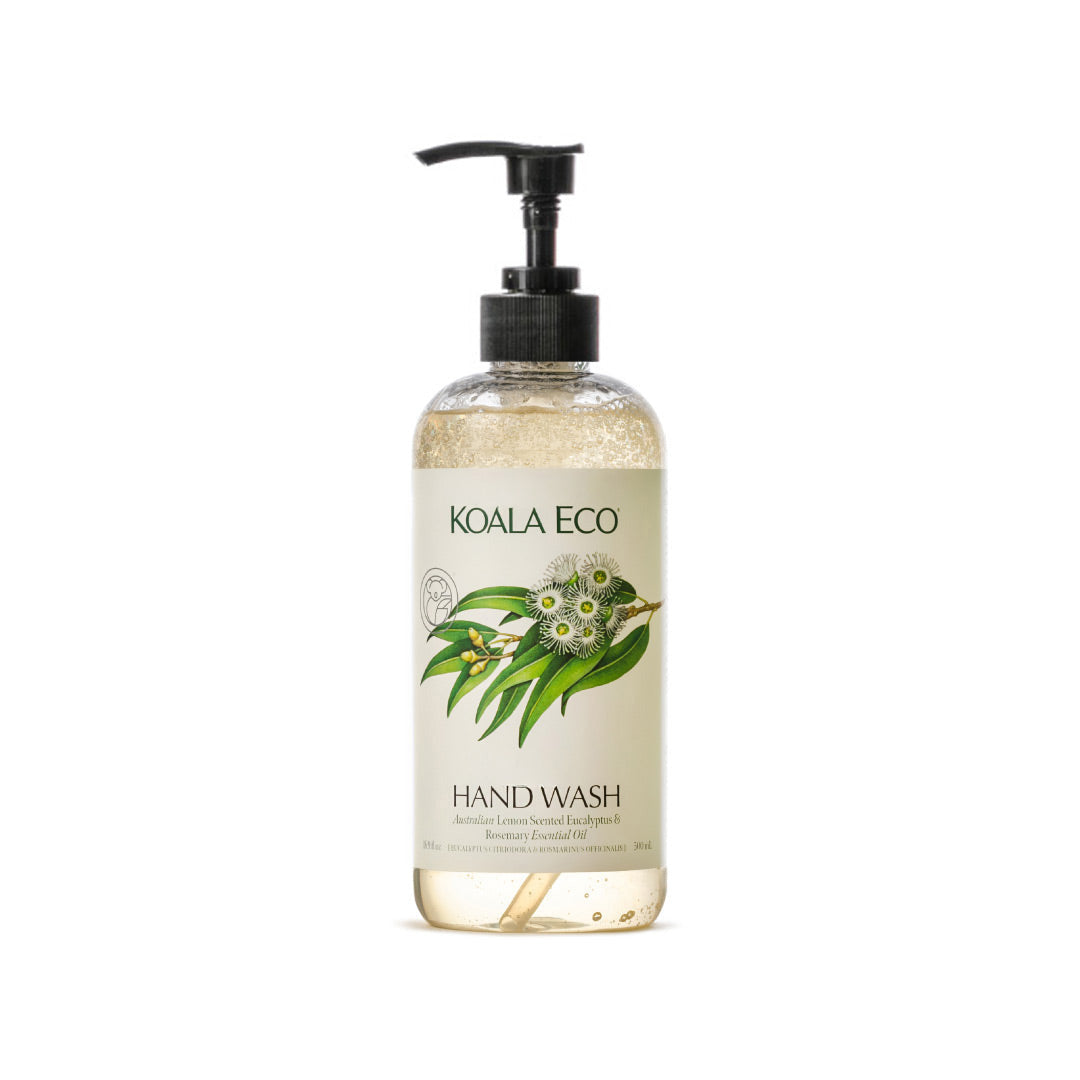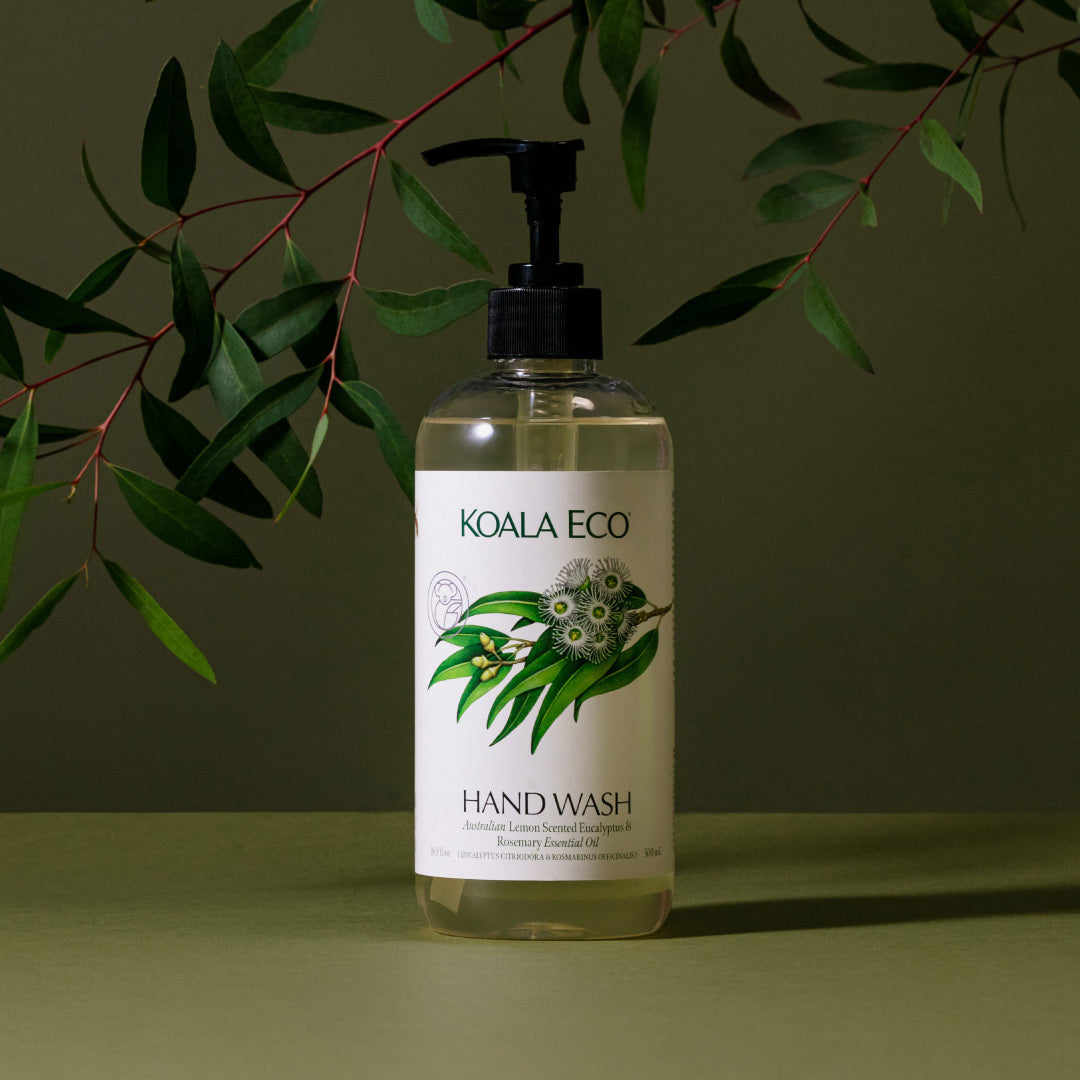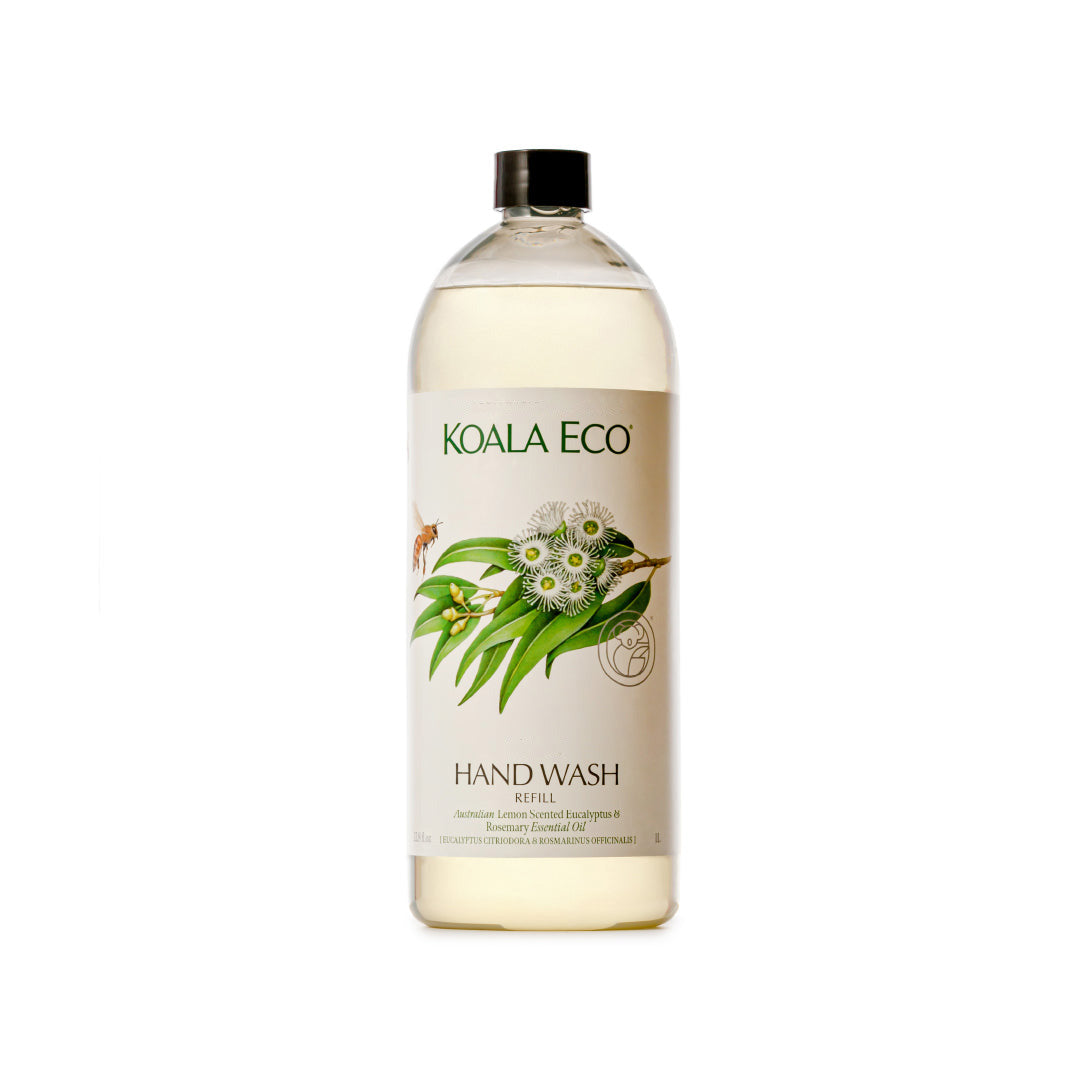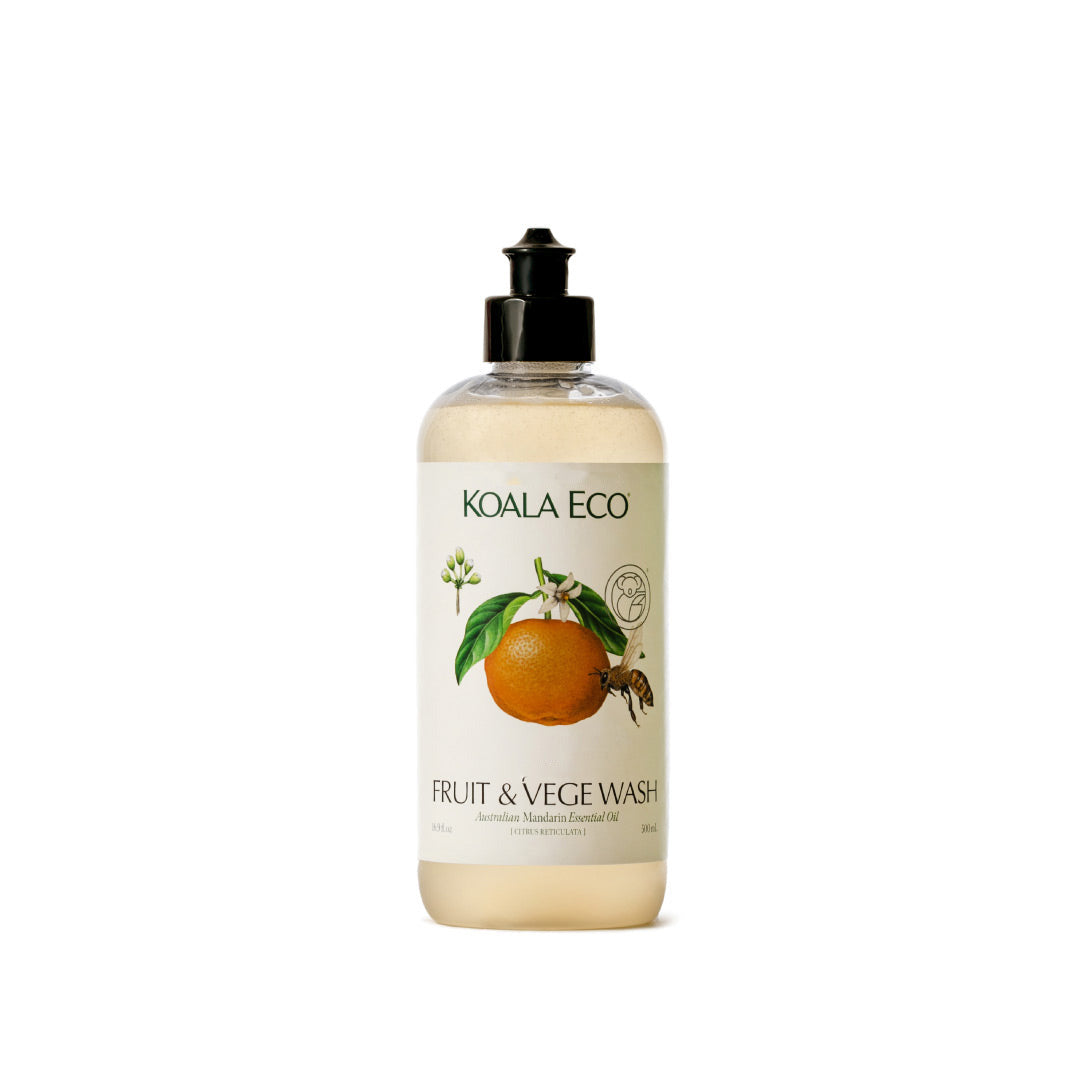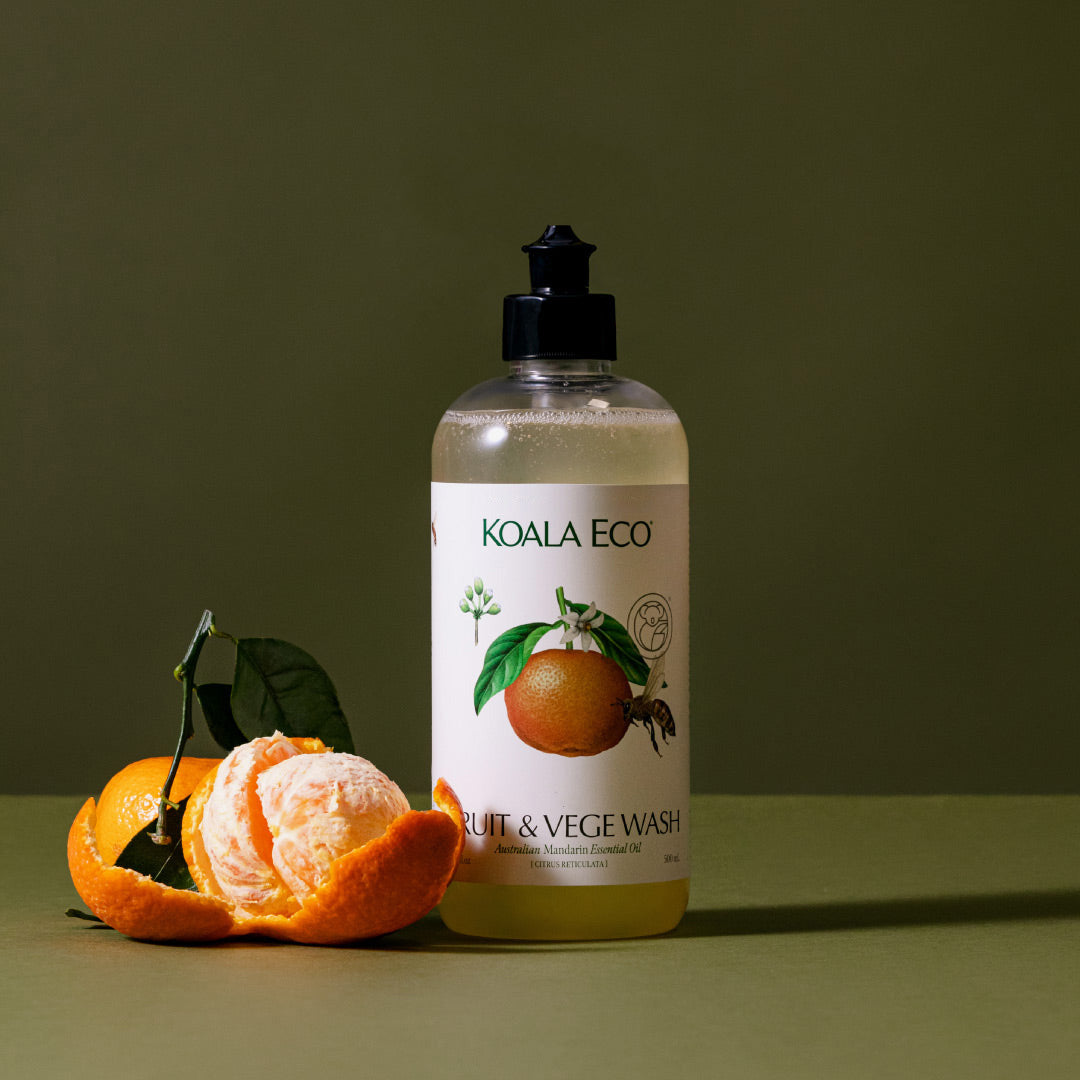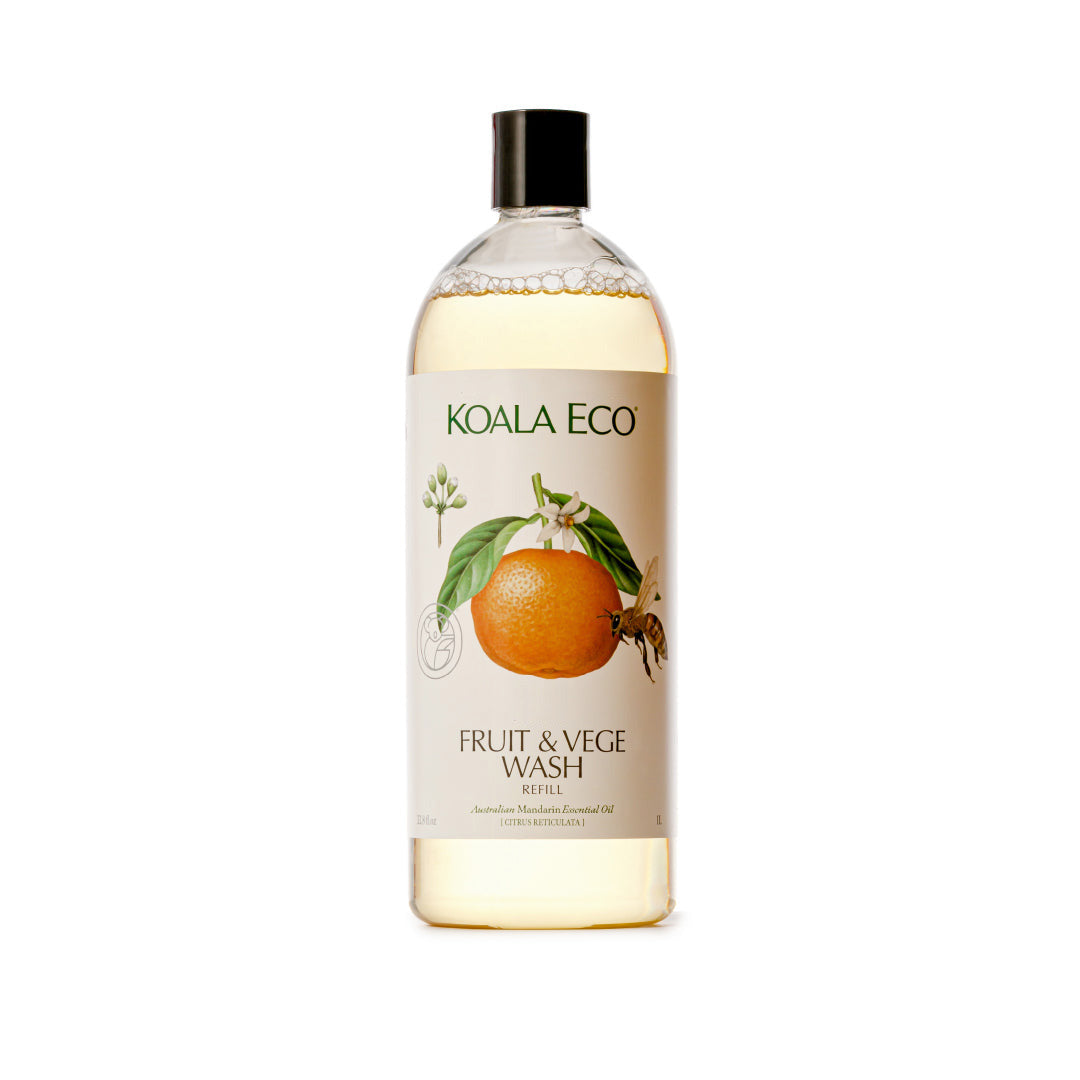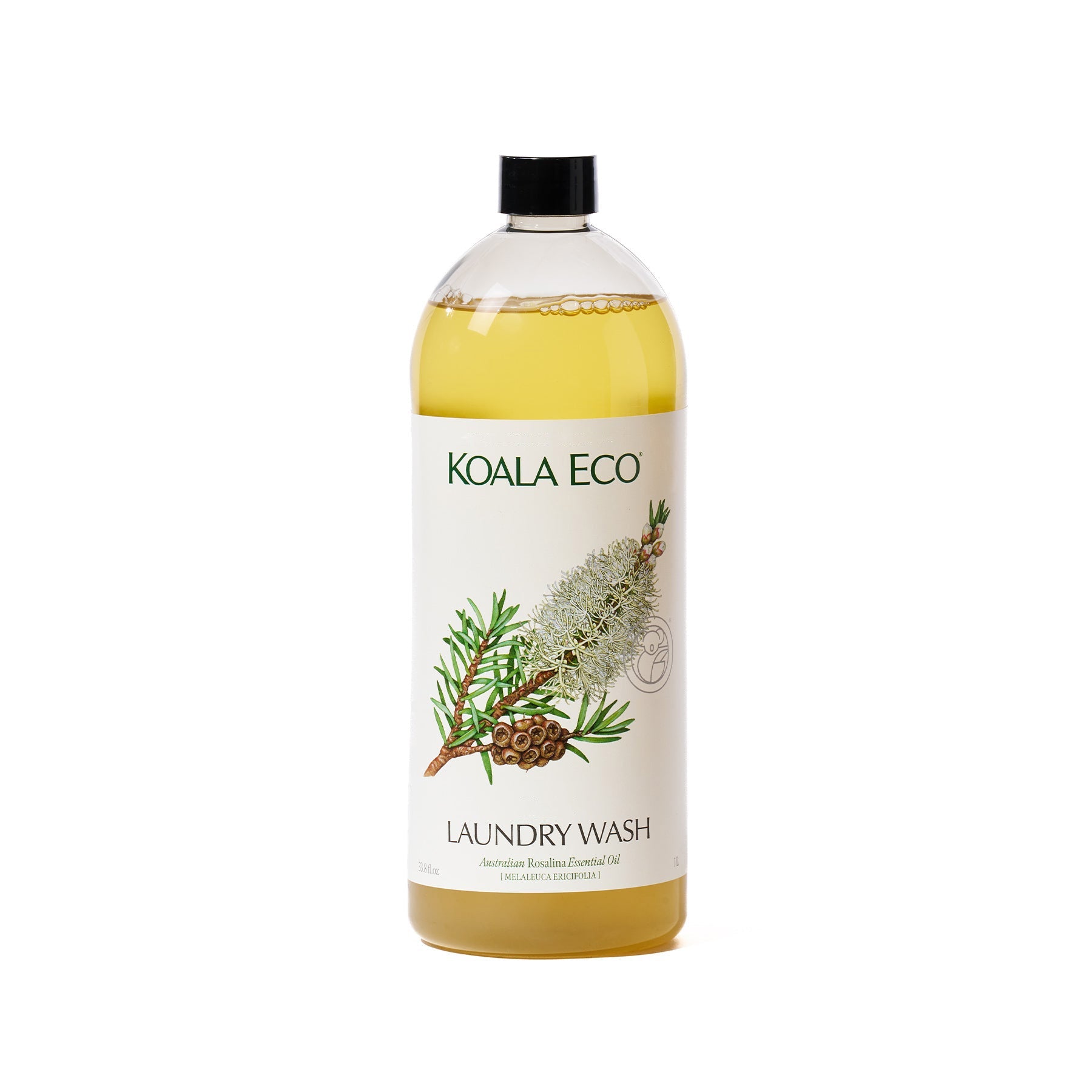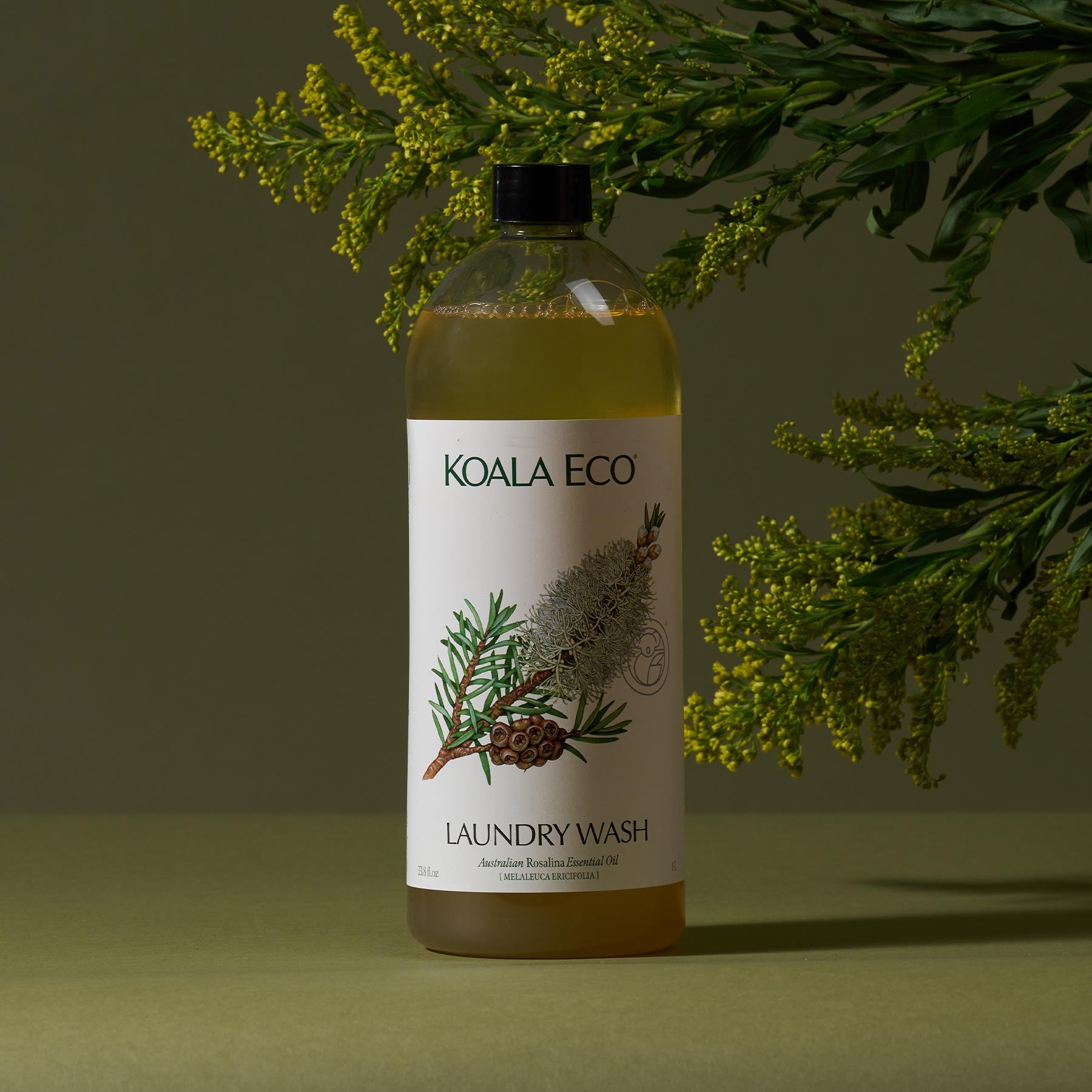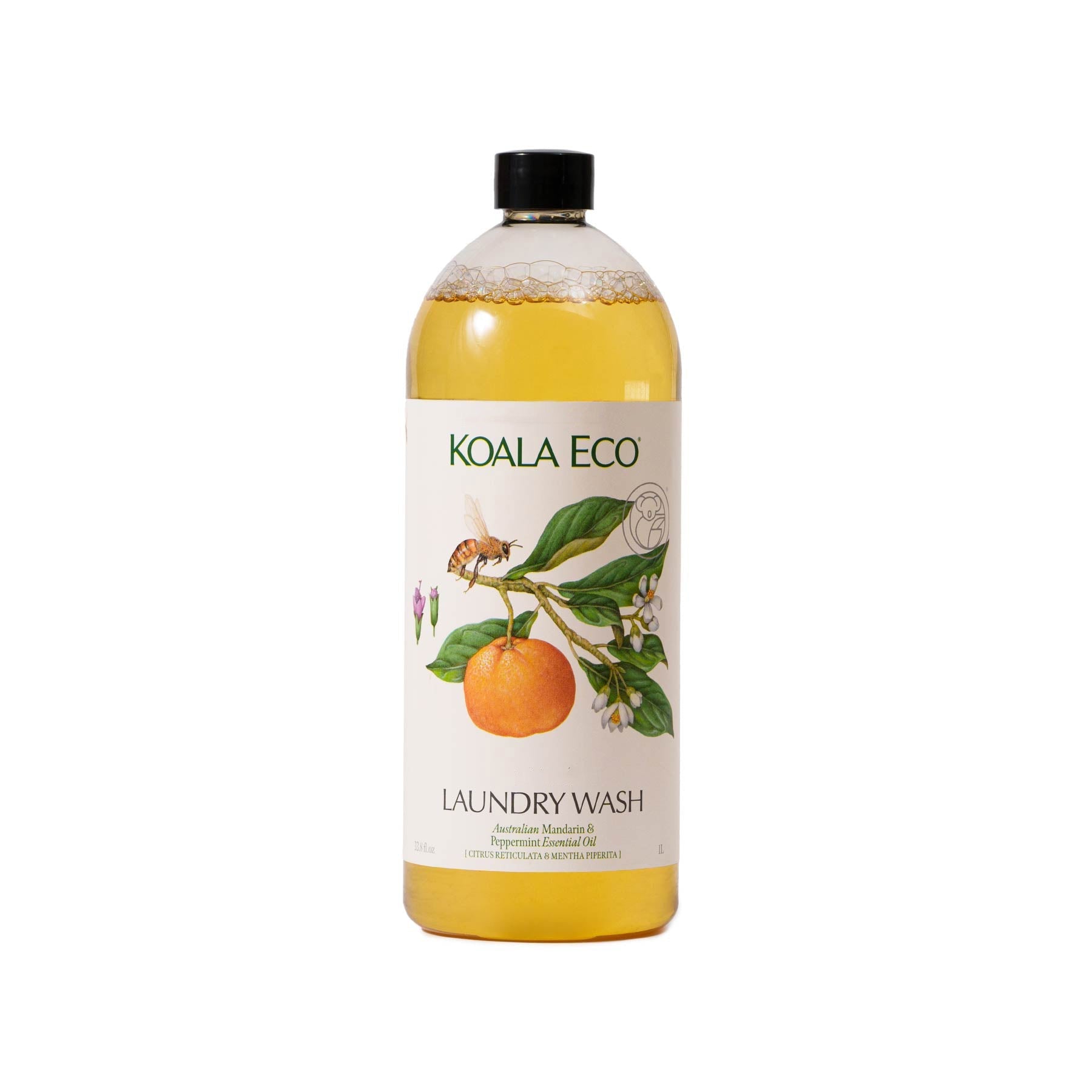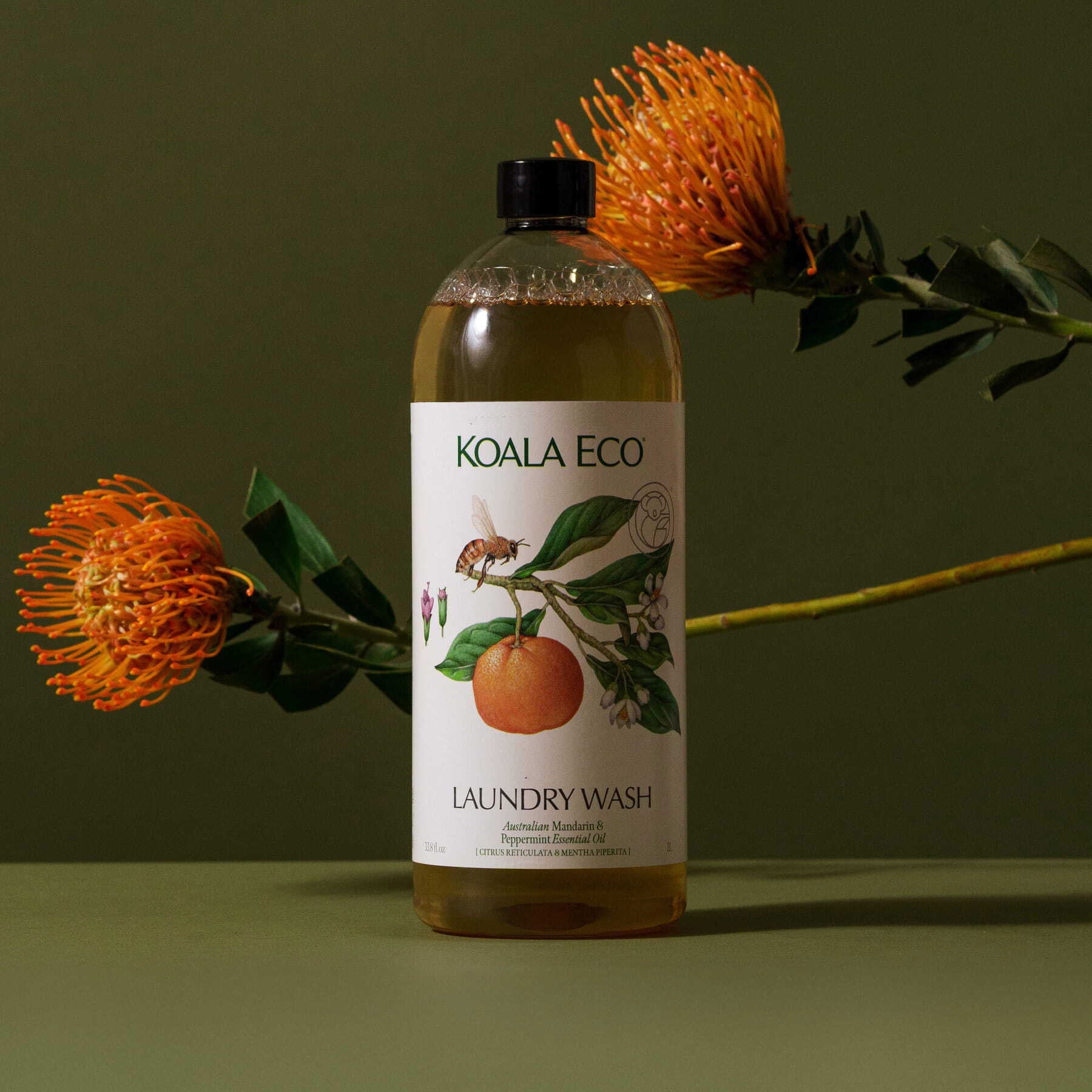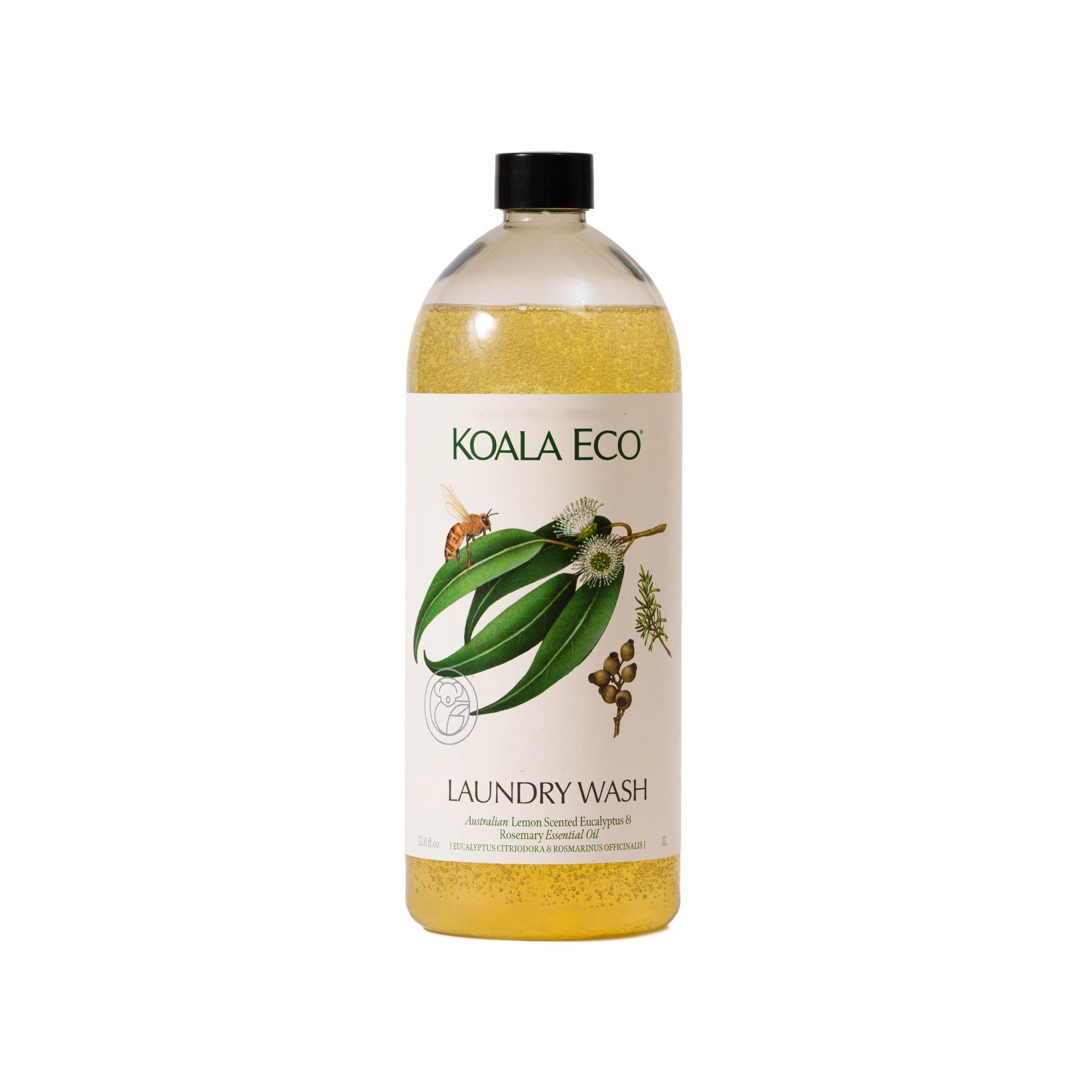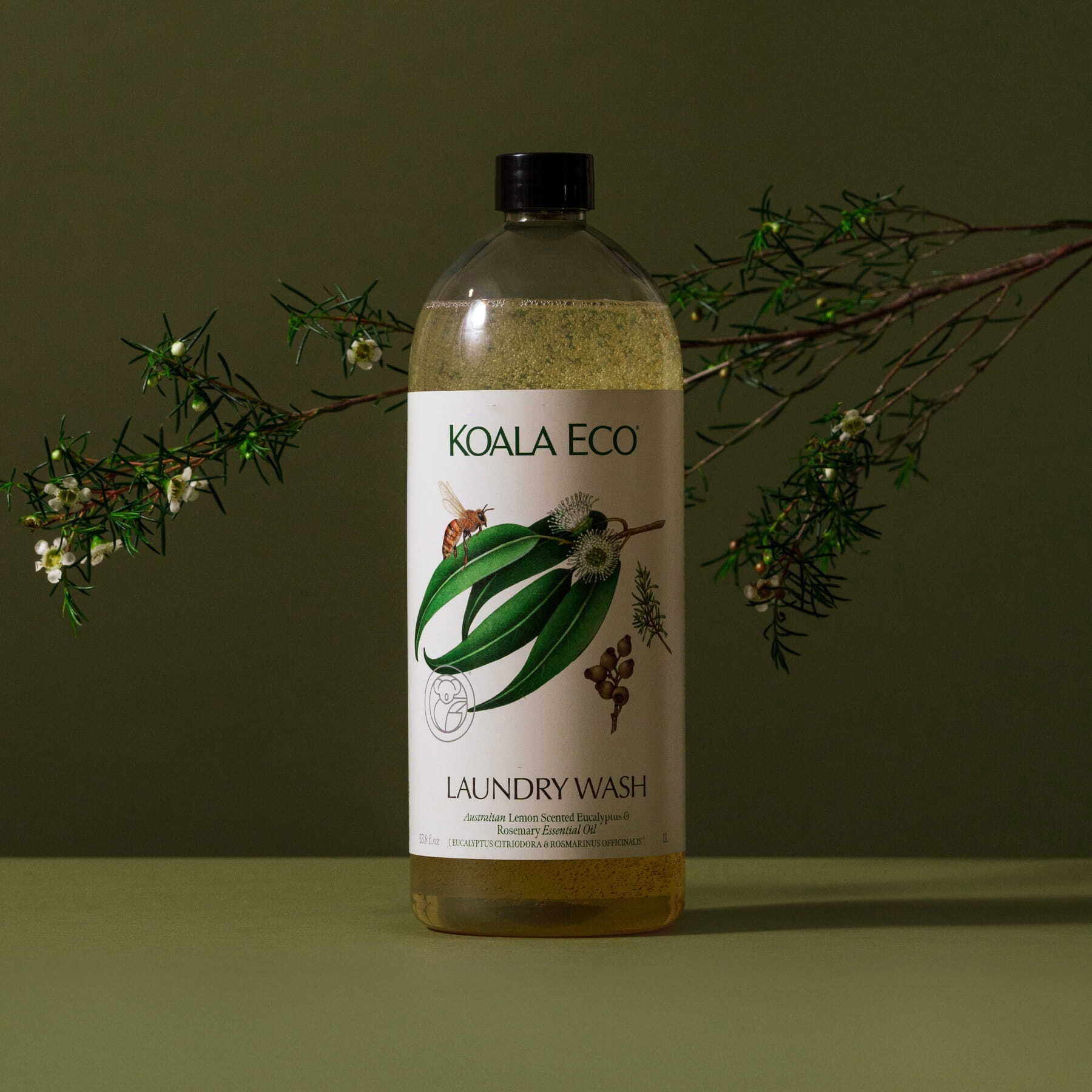Sometimes, cleaning your home can feel like a bit of a headache. But is it possible that your headache is real, and being caused by the products you use?
Scientists regard household cleaning products as one of the most insidious threats to human health, and a key source of indoor pollution (ethicalconsumer.org). Often containing synthetic colours, fragrances or scents, these products can cause headaches or breathing problems.
For example, cleaning products were responsible for nearly 10% of all toxic exposures reported to U.S. Poison Control Centers in 2014. Dr. Jeanne Conry, an obstetrician-gynecologist and a past president of the American College of Obstetricians and Gynecologists maintains that many chemicals in frequent household use today are not adequately tested for safety before being allowed on the market (Roni Caryn Rabin, The New York Times, 2016). According to the Organic Consumers Association, some cleaners cause hazards such as skin or respiratory irritation, watery eyes, or chemical burns.
According to the EPA, our indoor environment is two to five times more toxic than our outdoor environment, and in some cases, the air measurements indoors have been found to be 100 times more polluted.
While there are many triggers for health disorders like these, perhaps it’s a good idea to make sure that they are not being caused by the cleaners you bring into the home as part of your regular shop.
Jessica Bragdon, local Woollahra mum of two and co-founder of Koala Eco, which makes all-natural cleaning products from essential oils sourced in Australia, suggests the wisest course of action is to take responsibility for what is used in the home.
‘Don’t assume that retail outlets only sell “safe” products – even if the label suggests they are not harmful for the environment,’ Jessica says. ‘Scanning the ingredients lists on the packaging is vital.
‘So if you read words like “hazardous, corrosive, warning, danger or irritant” on the bottle, ask yourself if you really want to splash that around your home,’ she adds.
Consider this: multiple reports of burns, rashes, dizziness and scratchy throats were made by housekeeping employees at North Central Bronx Hospital and Jacobi Medical Center (USA). So they switched to green cleaning products. The number of lost days linked to injuries from cleaning products? In 2004, they numbered 54. In 2010, after the switch? Zero. (Mireya Navarro, The New York Times, 2010).
Research shows certain chemicals may cause long-term, gradual changes, unnoticeable to the human eye. Some common ingredients are regarded as ‘sensitisers’, because repeated exposure can cause a build-up in the body, leading to allergies. Perhaps you haven’t noticed a reaction to cleaning products and therefore assume they’re safe to use, yet this may not be the case.
Essential Oils v Commonly Used Synthetic Fragrances
A lovely “fresh” smell of pine or lavender when cleaning your home? Think again, suggests Jessica.
Many so-called “green” cleaning products on the market are not free of harmful additives, and one of the worst culprits is synthetic fragrance, which can be created from any combination of petroleum and non-petroleum derived substances, including formaldehyde, benzene and toluene.
Unfortunately, many widely available commercial cleaners combine a large percentage of toxins with a small percentage of essential oil. Yet even more worryingly, research by the US-based Environmental Working Group reveals that patent and trade secret laws allows the industry to hide this type of harmful ingredient in their formulations.
“Fragrance” additives can have any number of detrimental impacts on human health, including reproductive and endocrine disruption, neurotoxic effects, and negative impacts on the immune system.
Jessica explains how she developed Koala Eco products to be free of any of these nasties:
‘Like all parents, we wanted to make cleaning the home safe from toxic exposure,’ she says.
‘We also wanted our home to smell lovely because of the natural aroma of essential oils. Because we couldn’t find exactly the cleaning products we wanted on the market, we decided to research and create our own.
‘In Koala Eco products, we use only 100 % pure Australian essential oils, because these, together with vinegar, sugar based biodegradable alcohol and bicarbonate soda are great alternatives to caustic cleaning products.
‘Essential oils in particular are fragrant and effective antibacterial alternatives to thousands of mainstream chemical-laden products. Especially when combined with other natural biodegradable grime fighting ingredients, essential oils are equally (or more) effective than toxic chemicals,’ says Jessica, adding:
‘We know they really work. For example, a research project conducted by Kelly and Kober an environmental research firm researched 21 different essential oils found all to be highly effective in their ability to diminish or eliminate bacteria in the air and on surfaces.’
Koala Eco products are formulated to sanitise kitchens, fight mould in bathrooms, and naturally degrease anything with antimicrobial properties. They actively fight against microorganisms, including bacteria that cause disease.
‘The ethos of home cleaning is changing,’ says Jessica. ‘If you are cleaning your home, but filling it with harmful chemicals, is it really clean?’




